
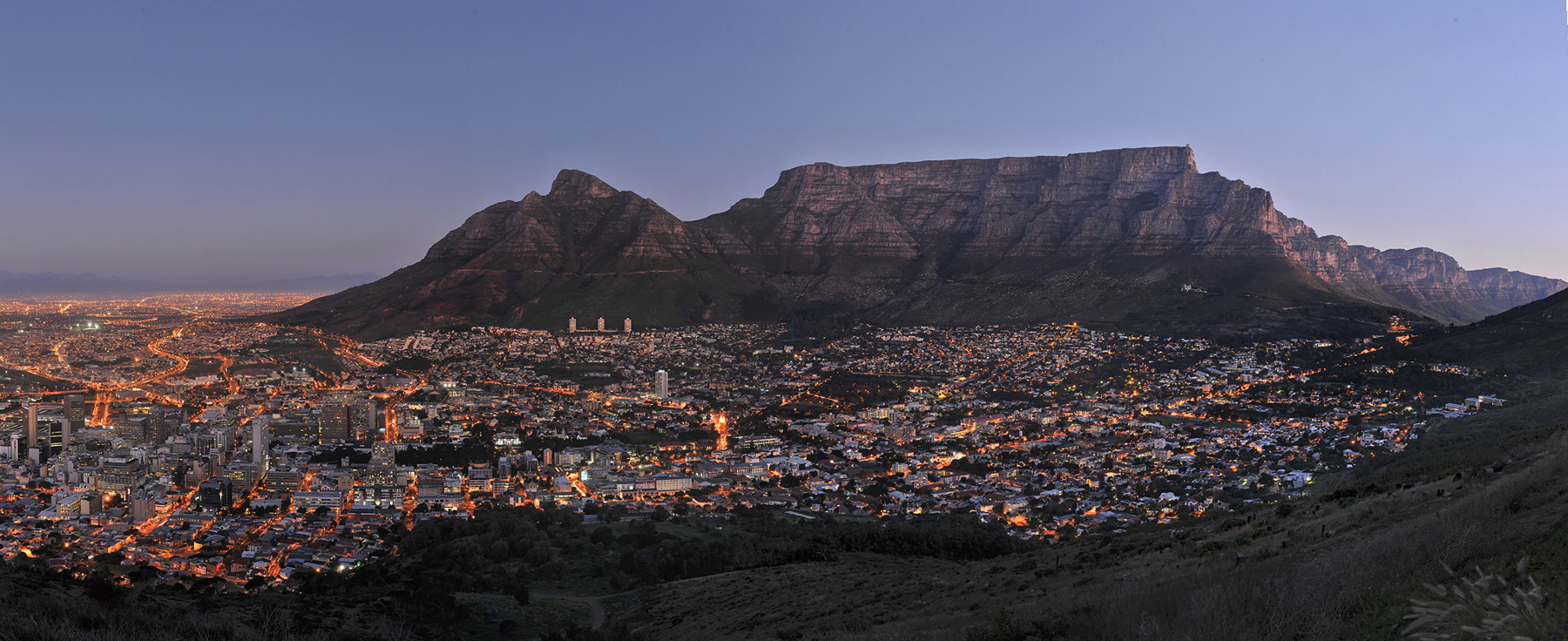
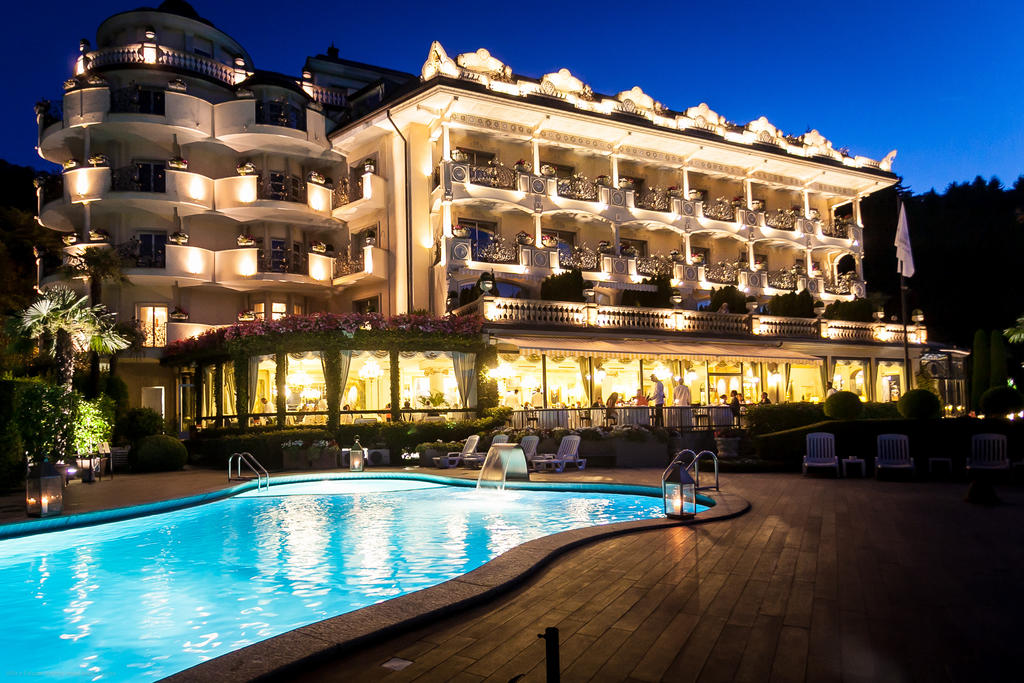
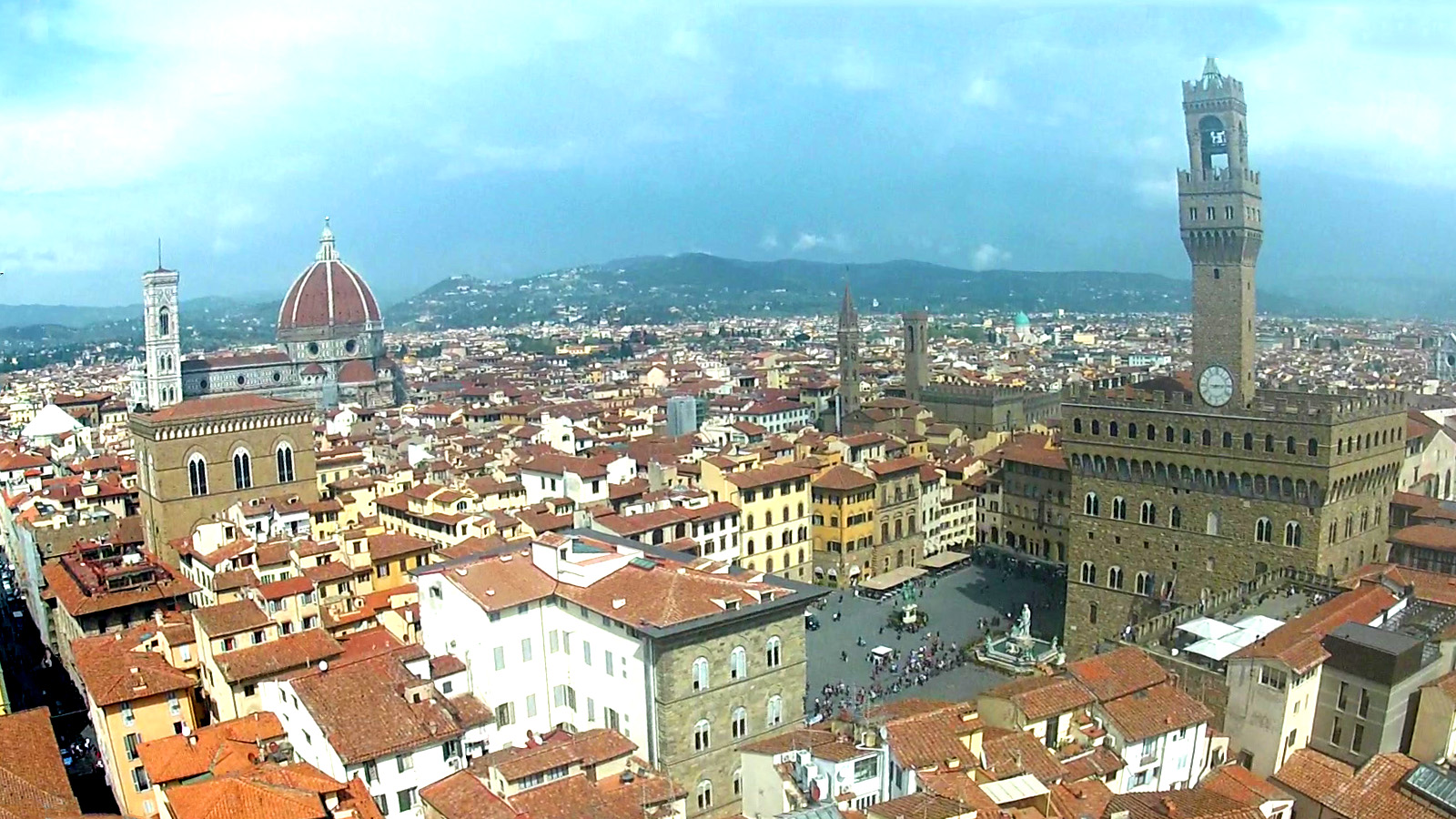

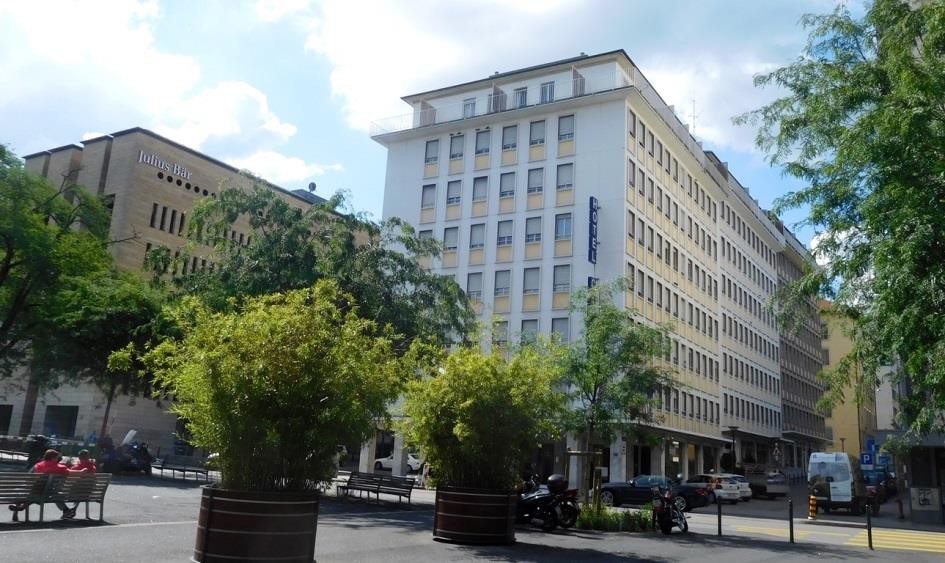
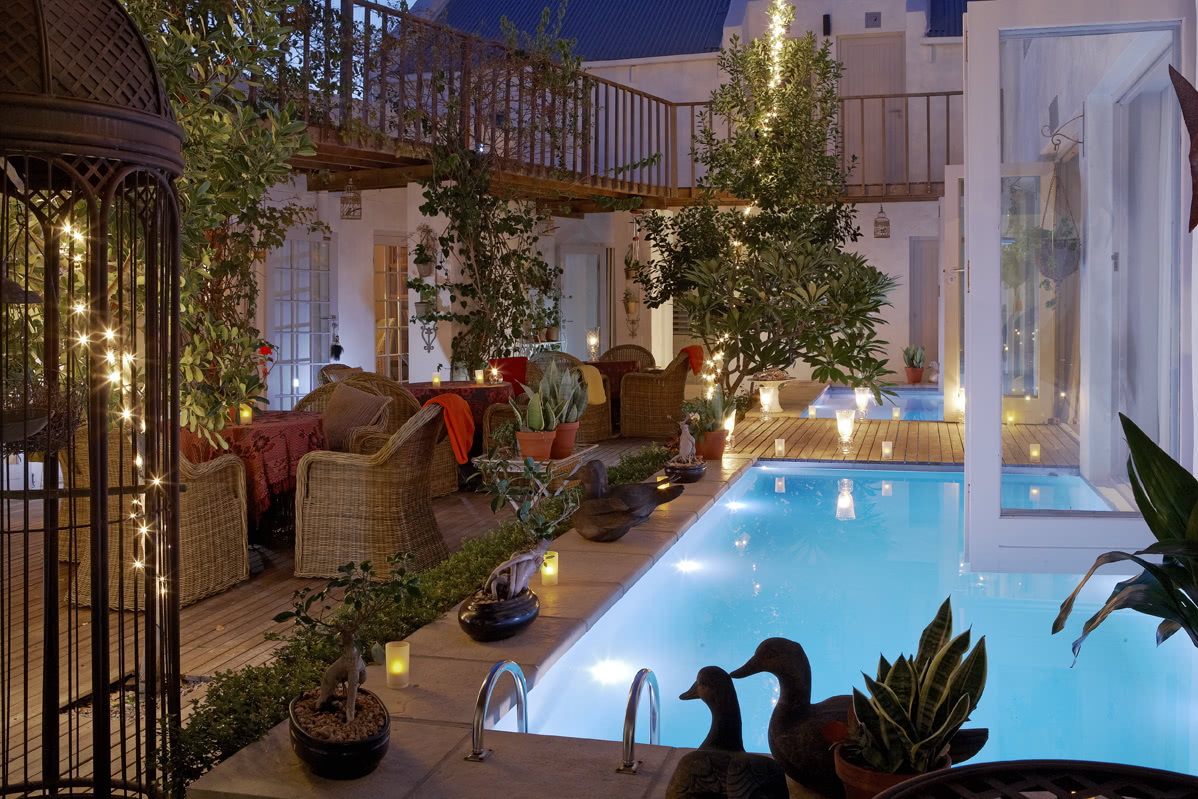
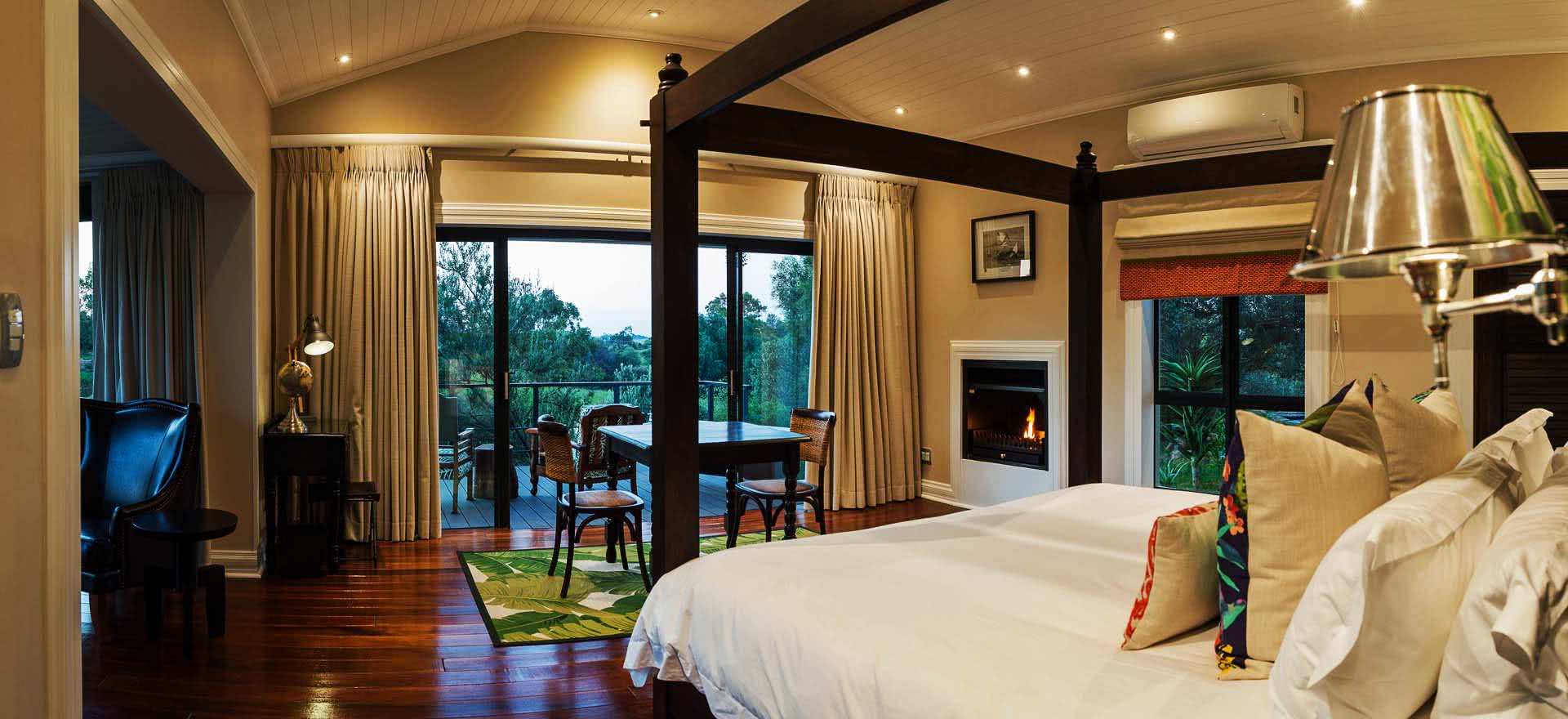
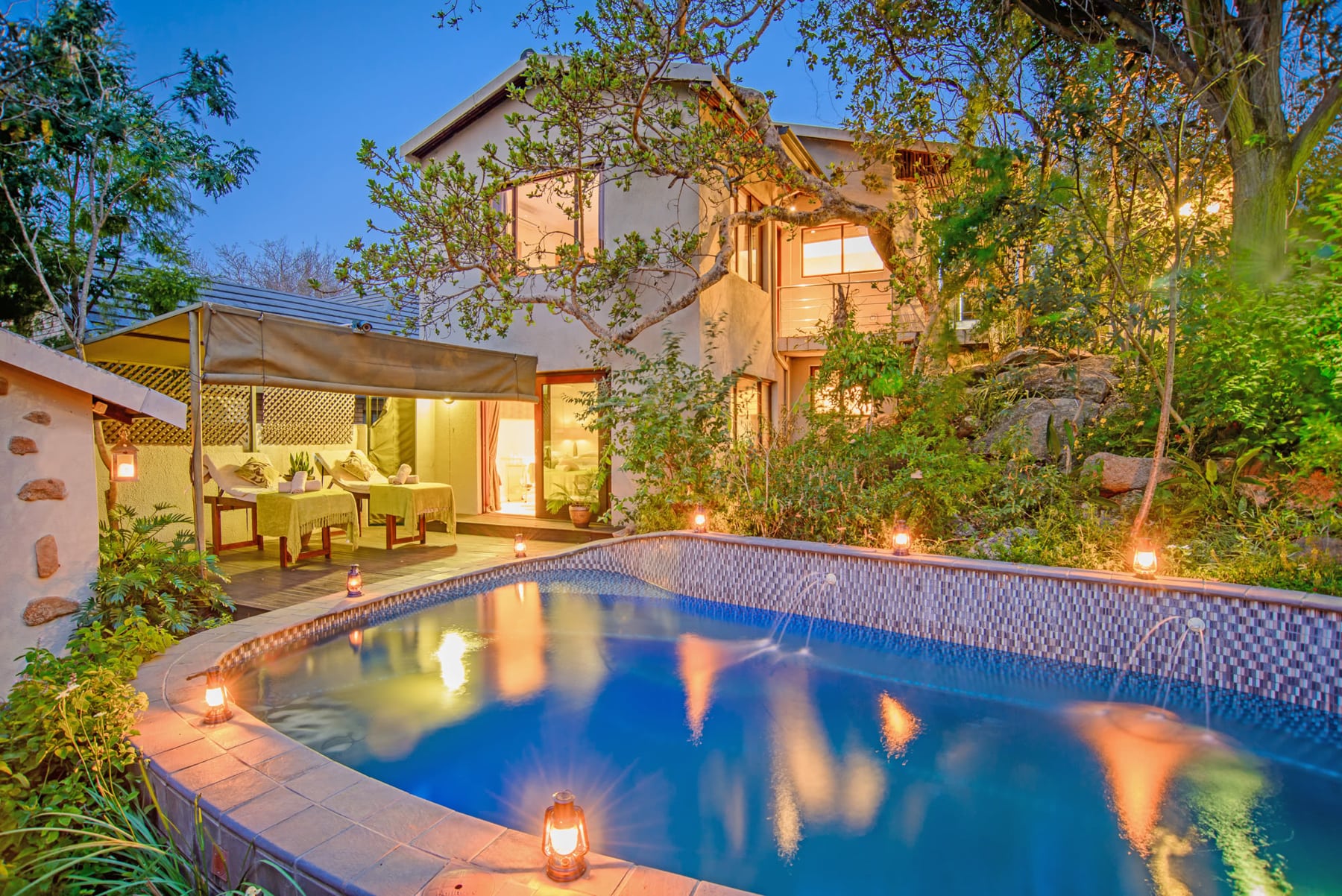

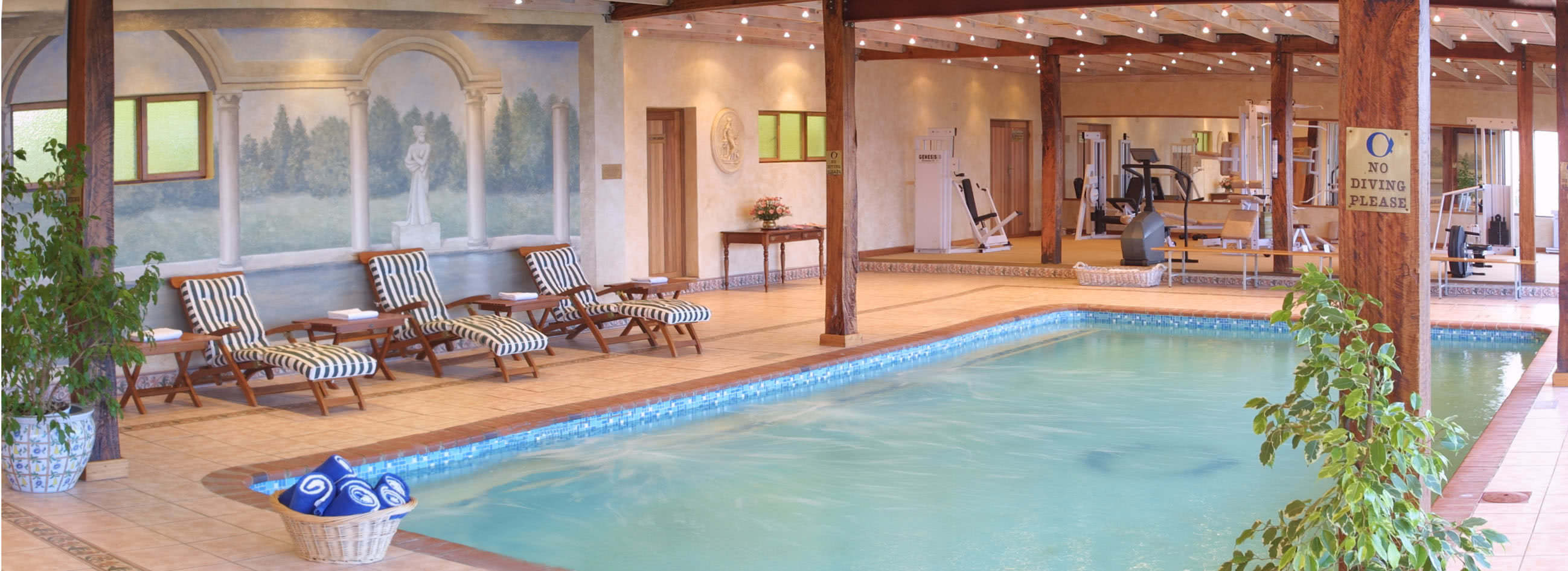
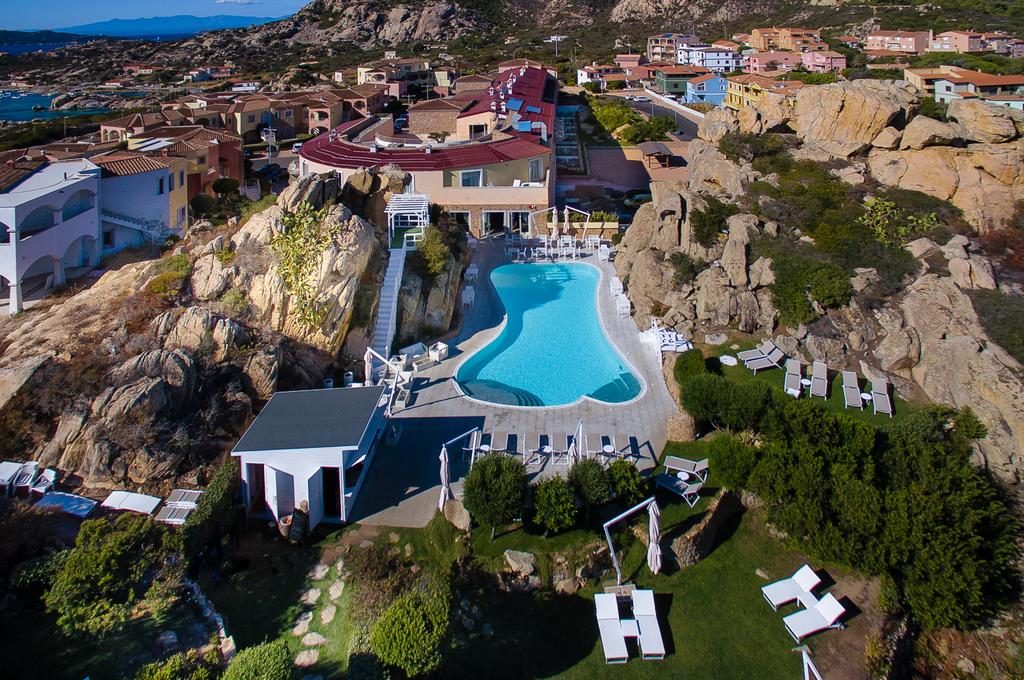
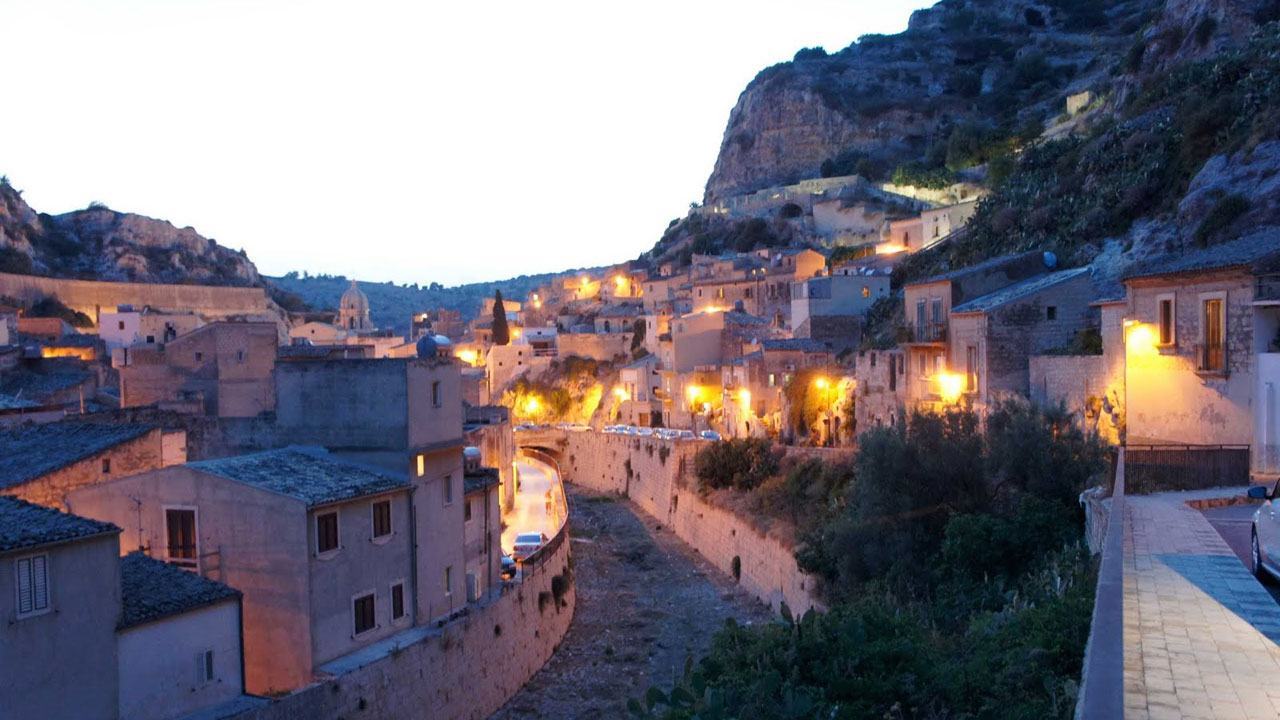
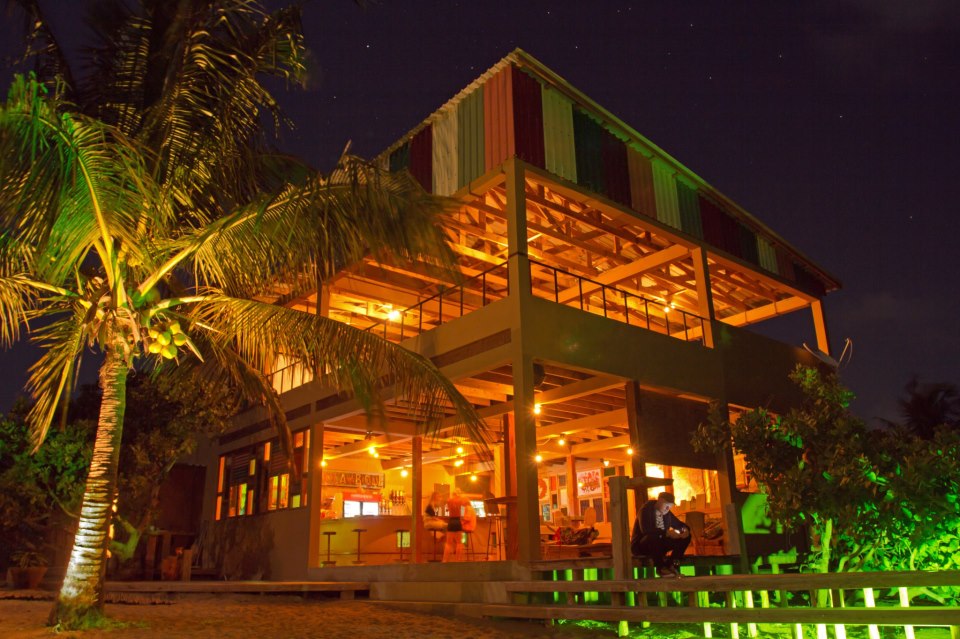
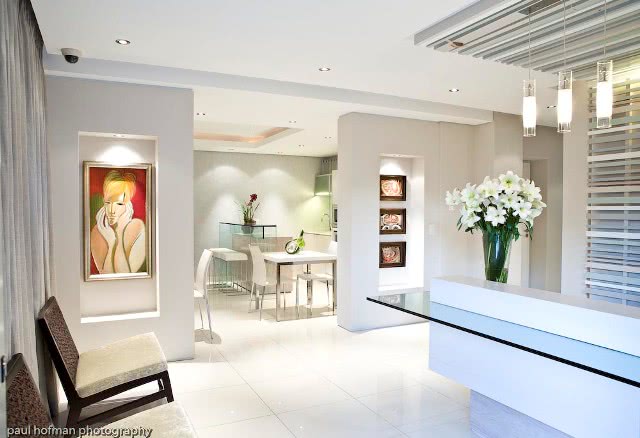
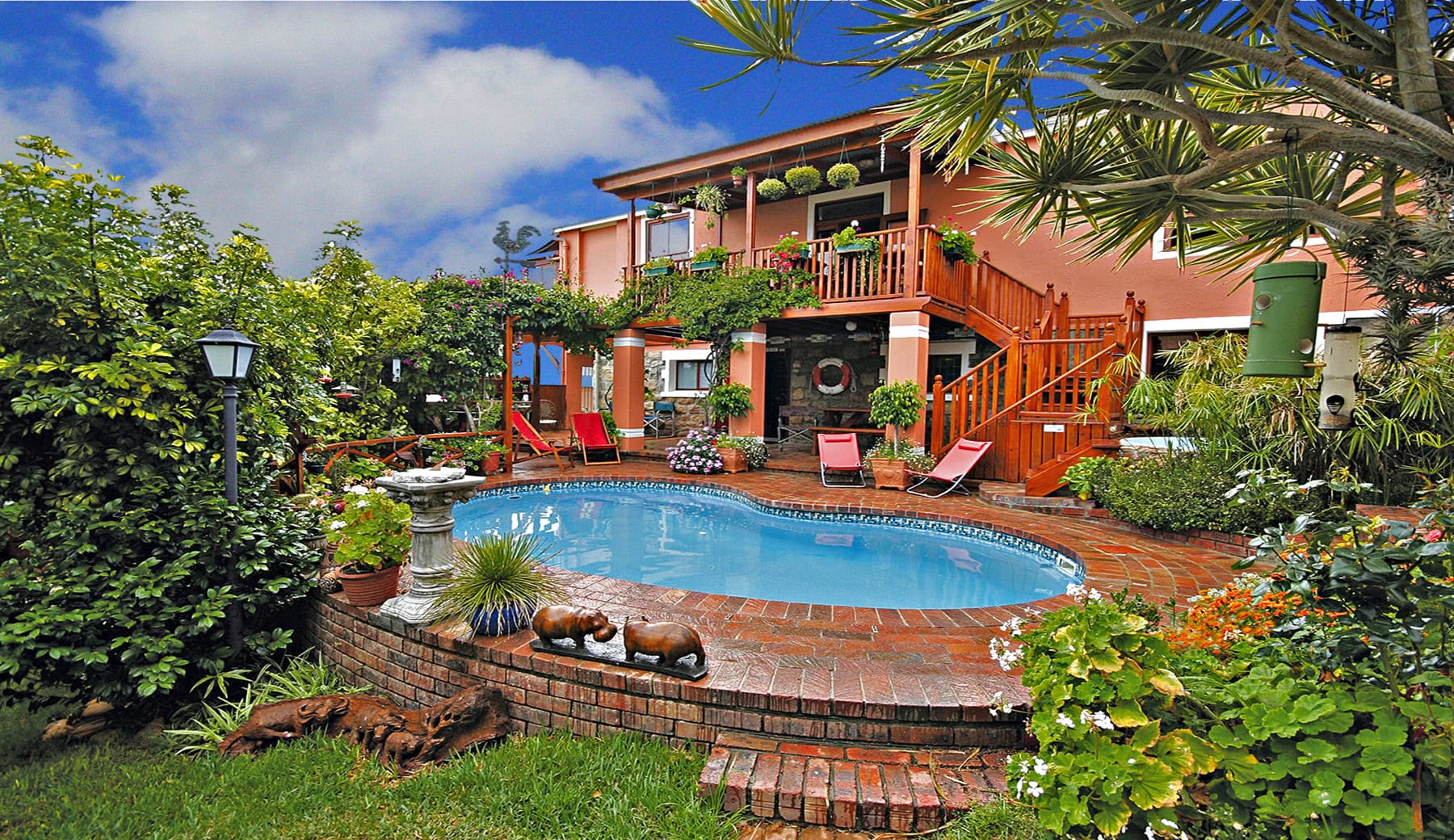
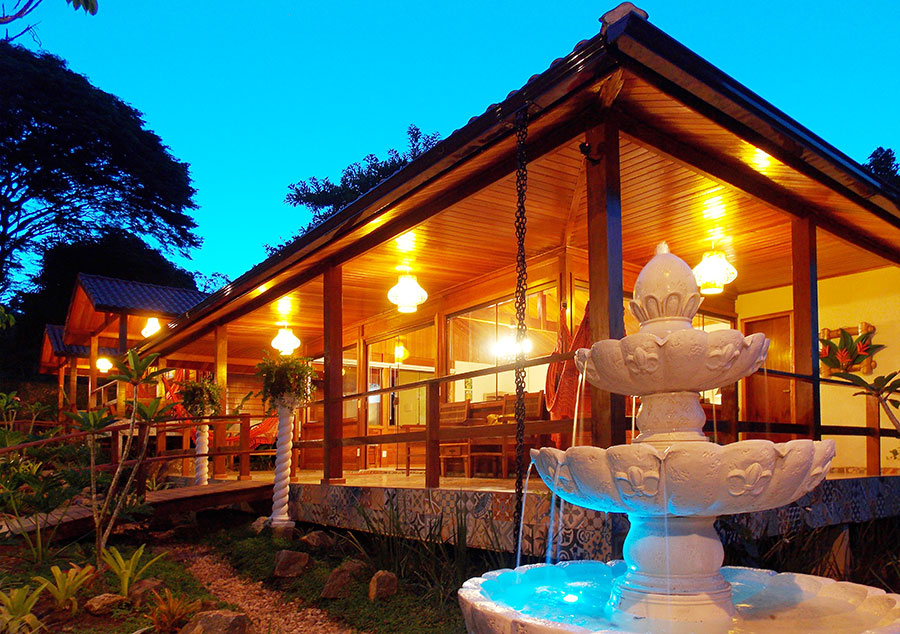
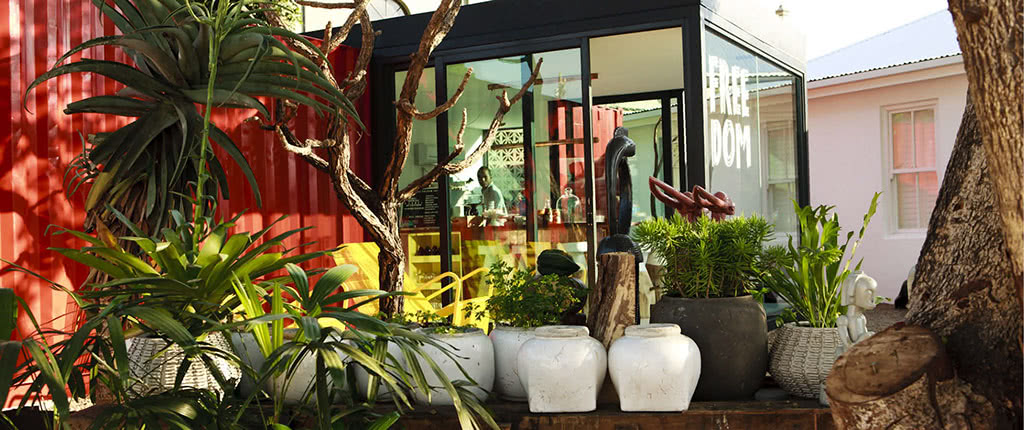
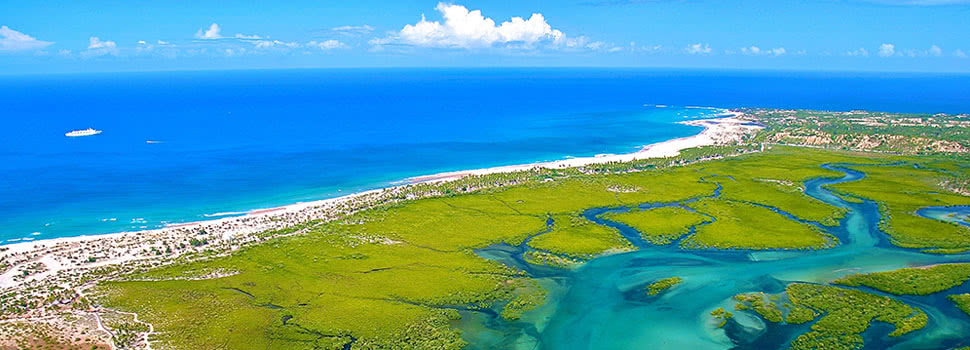
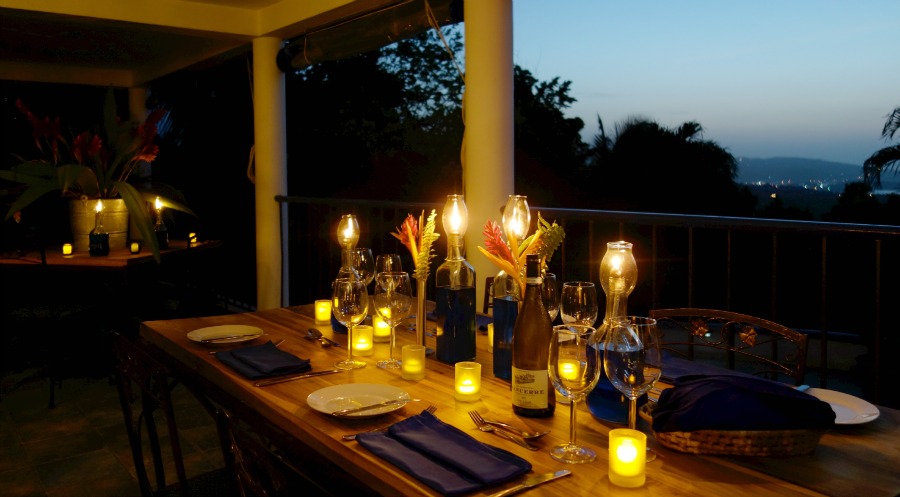
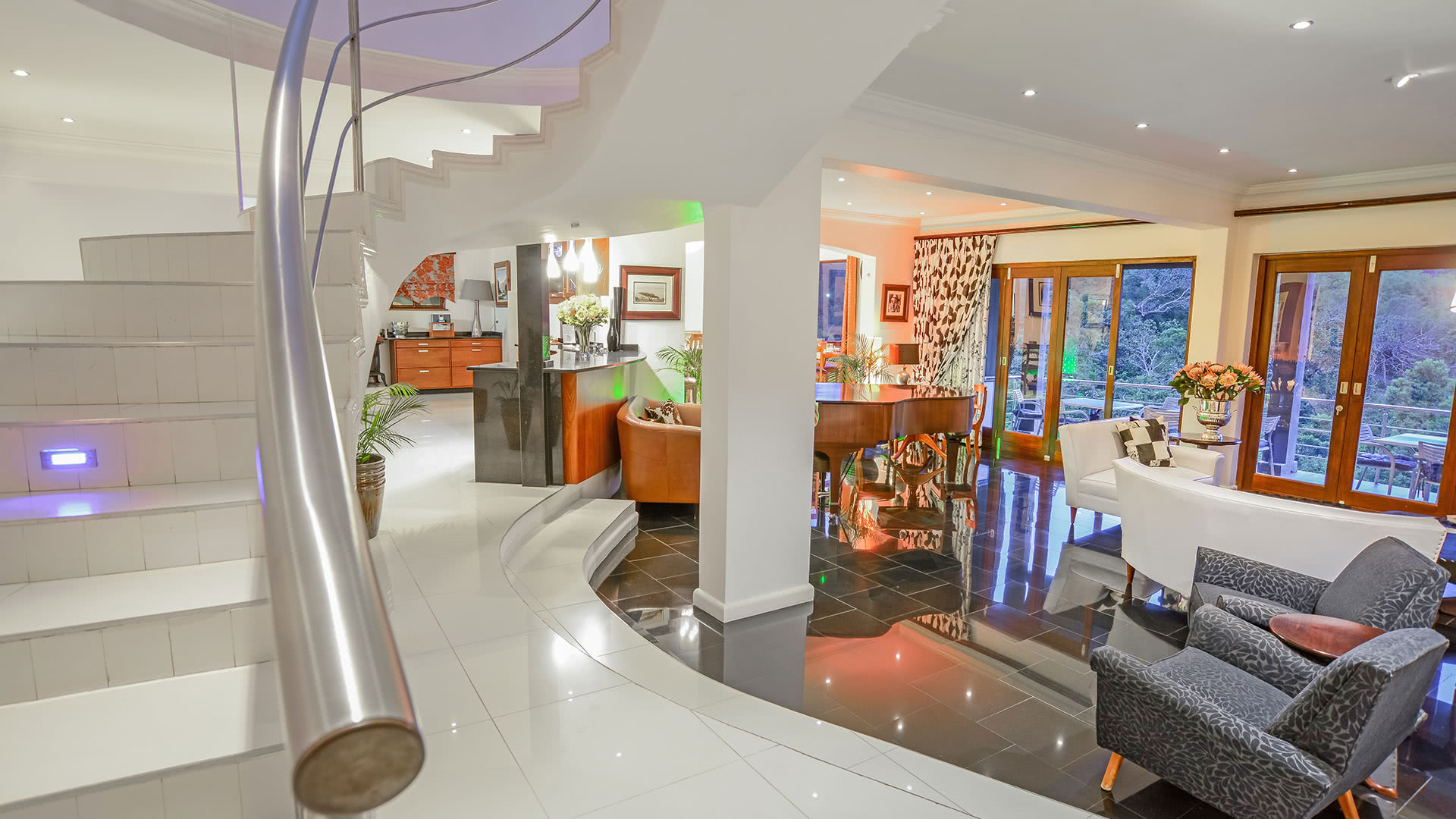

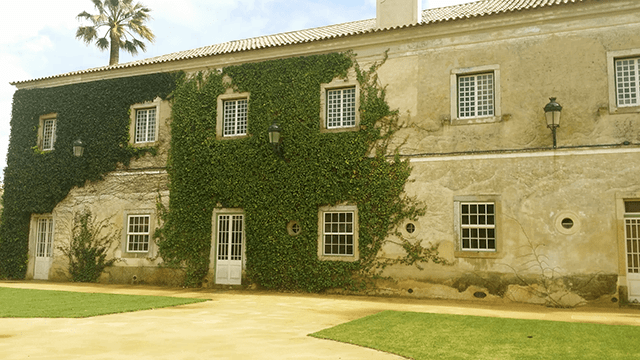
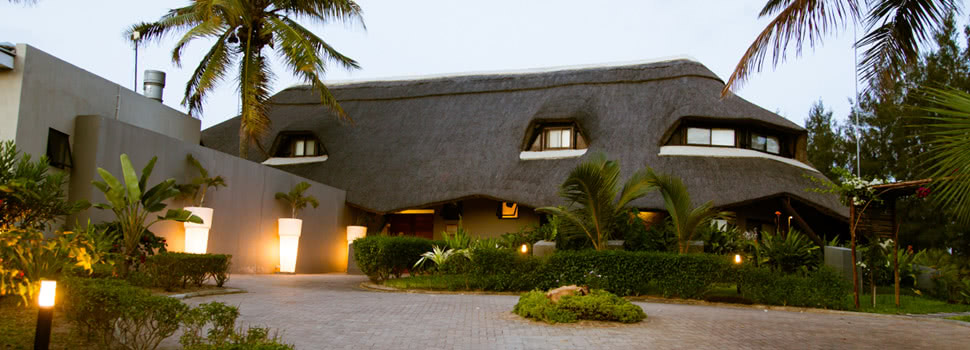
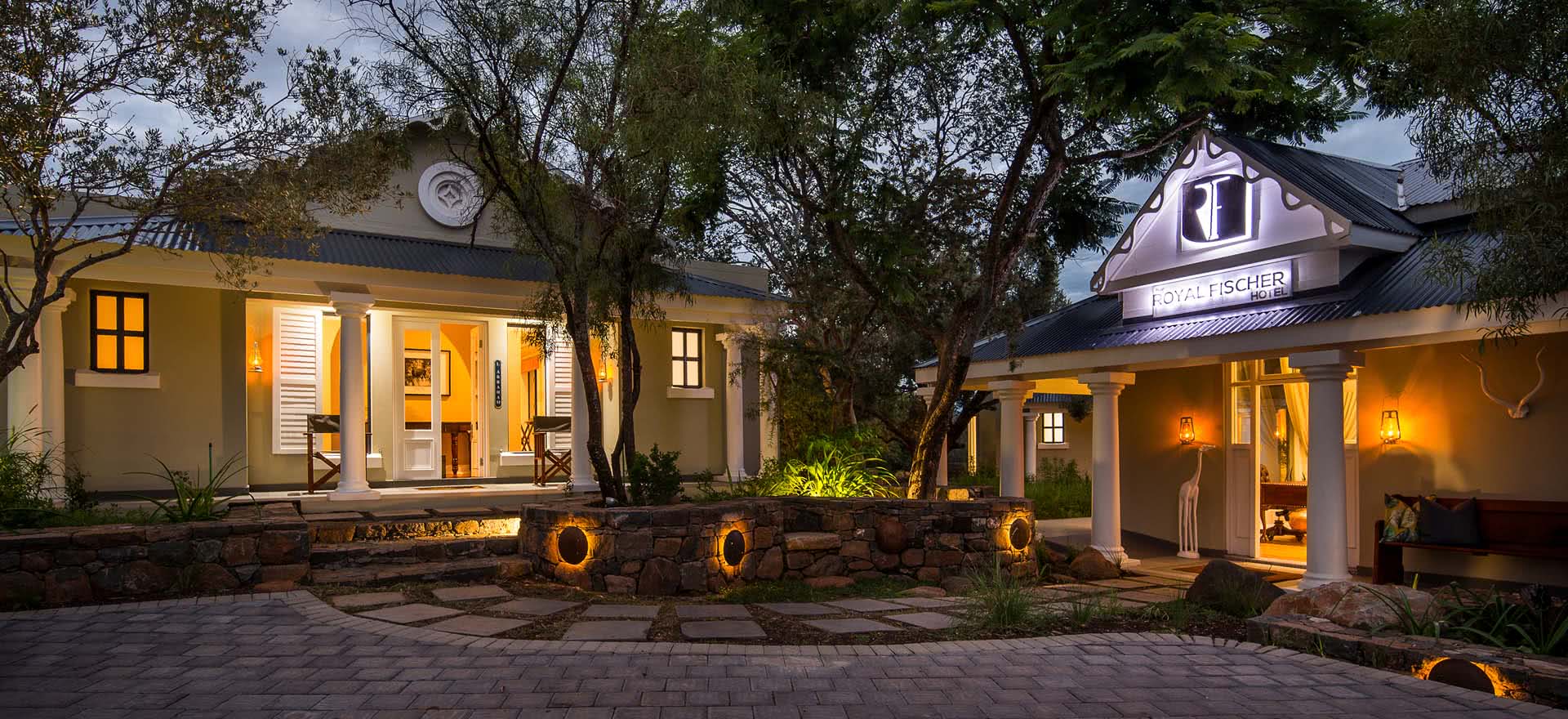
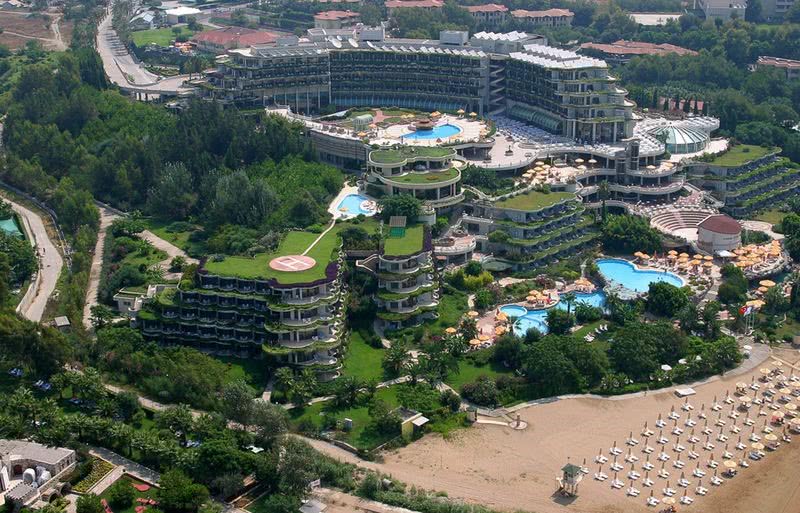
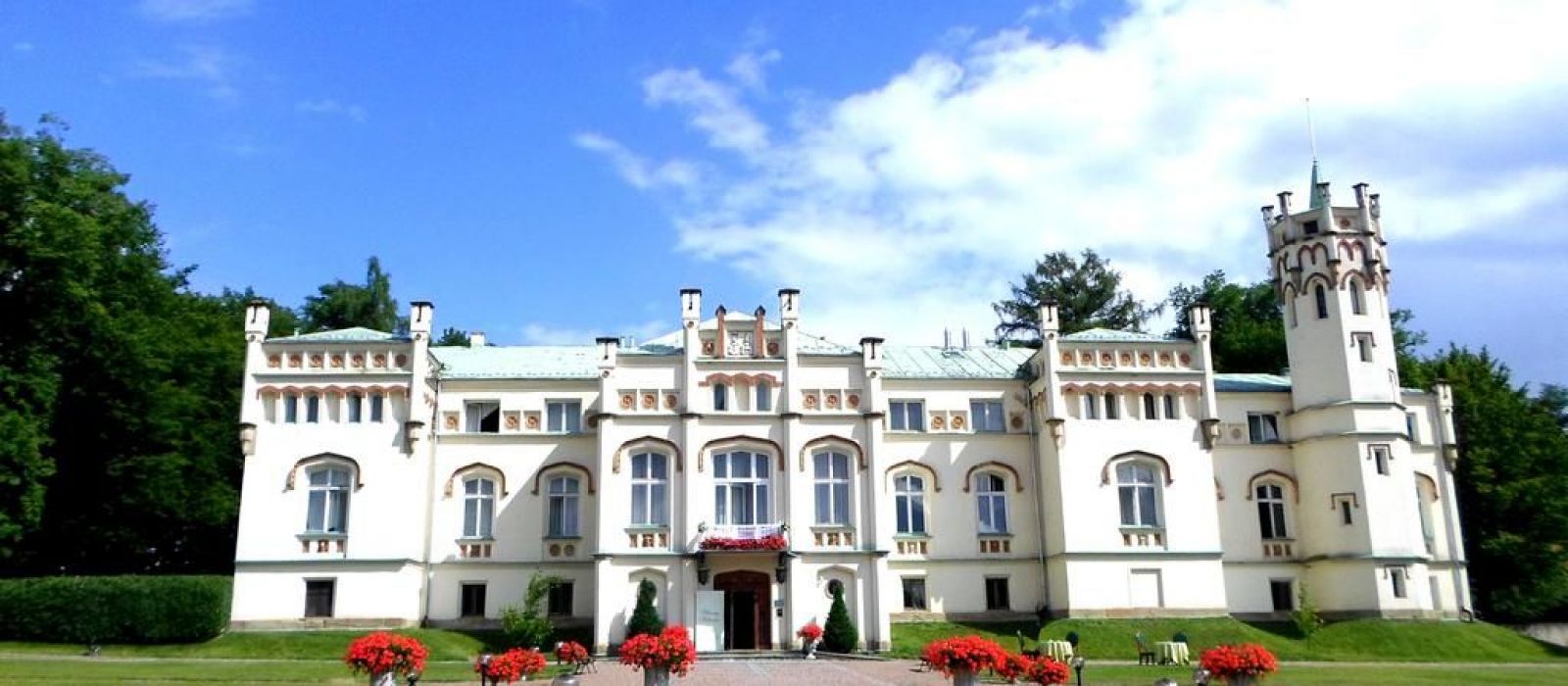
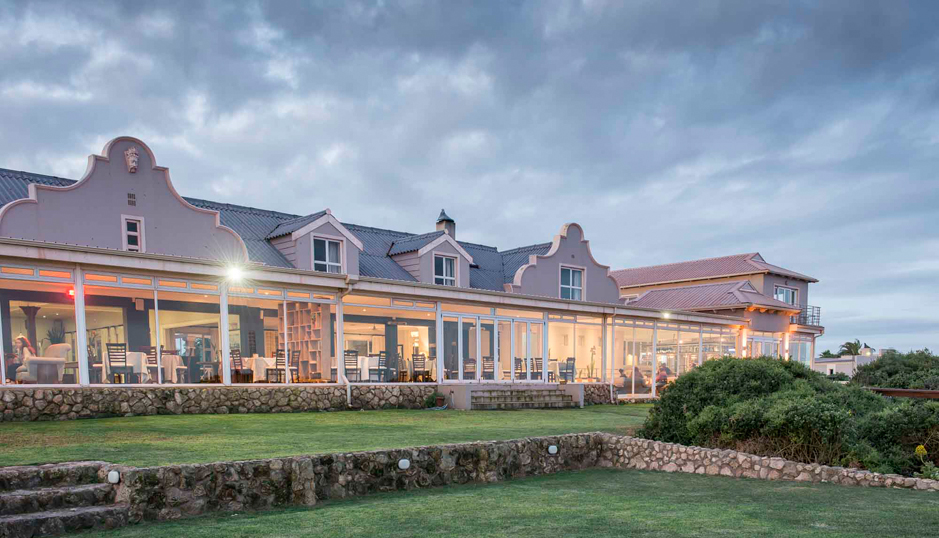
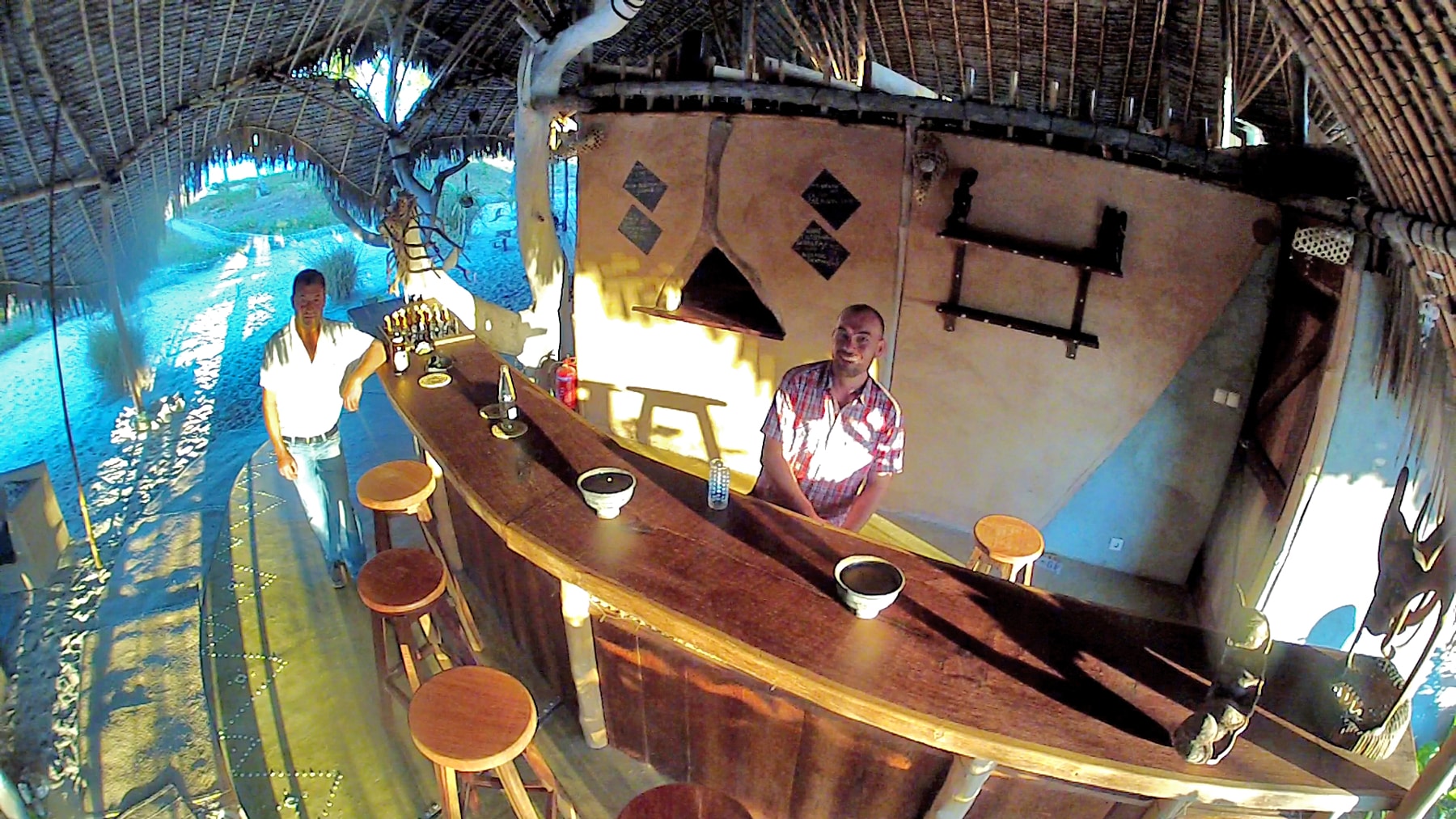

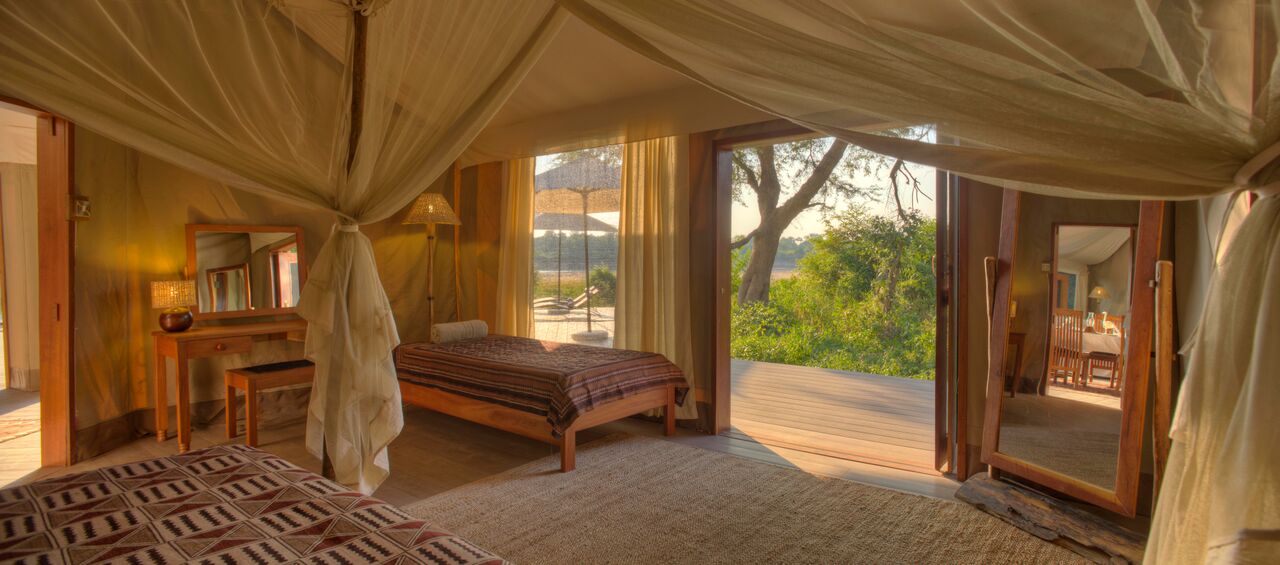

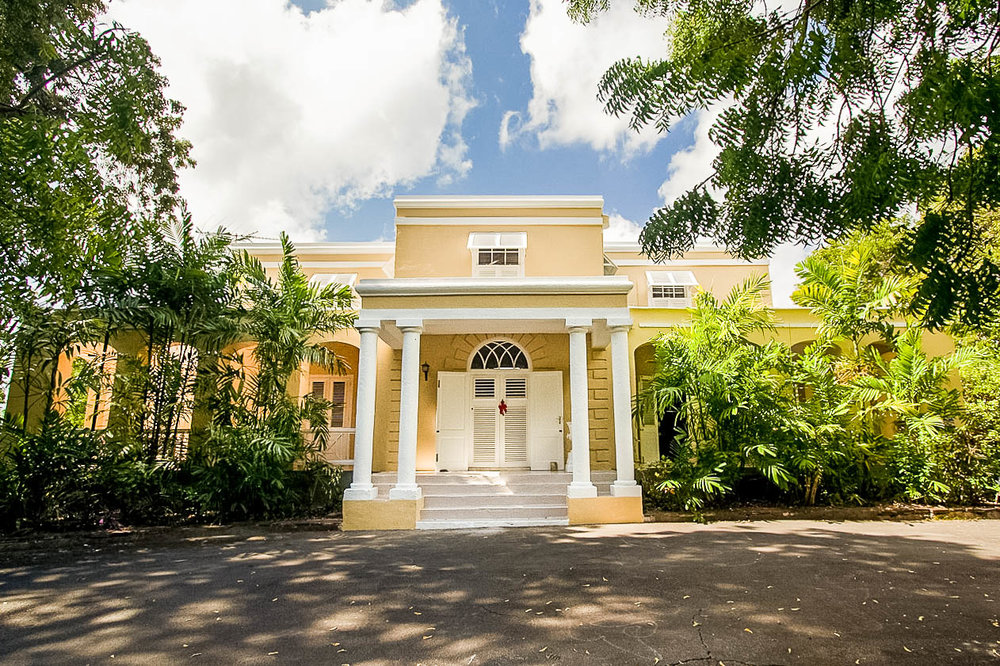
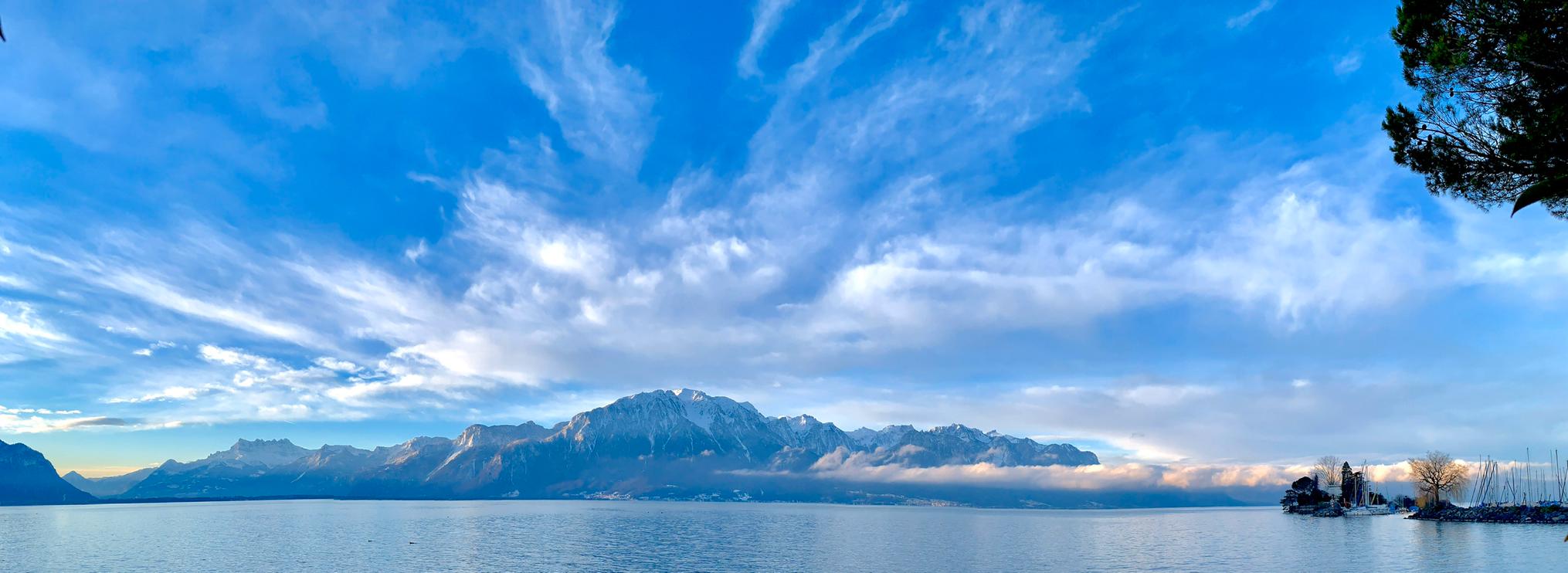
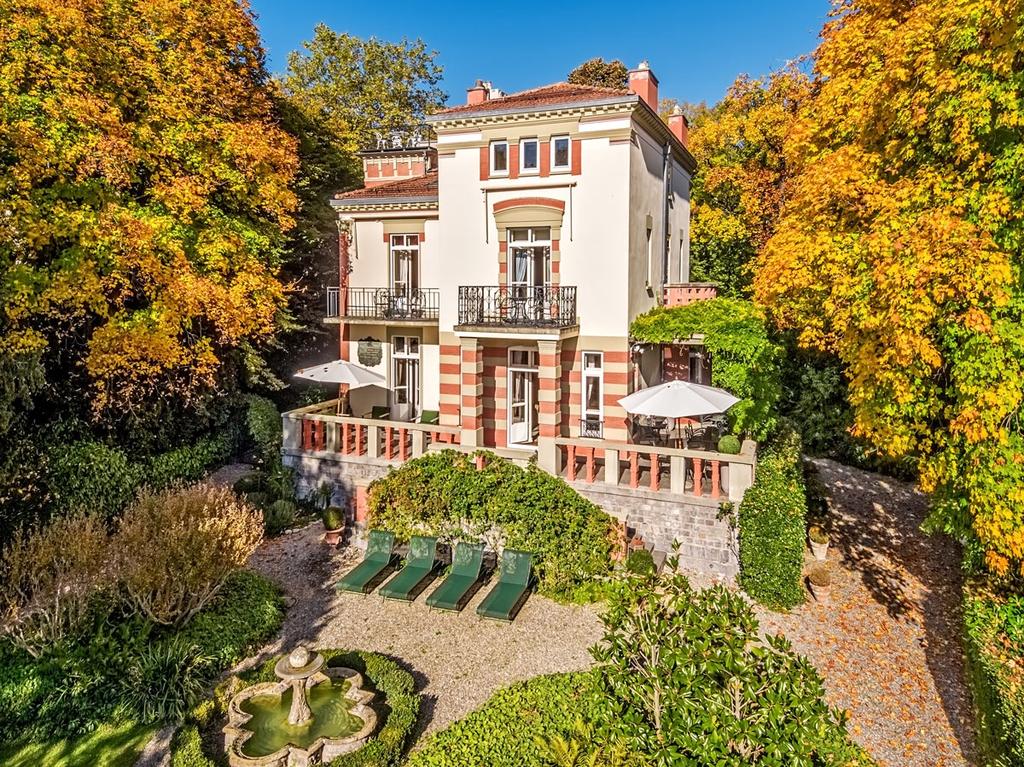
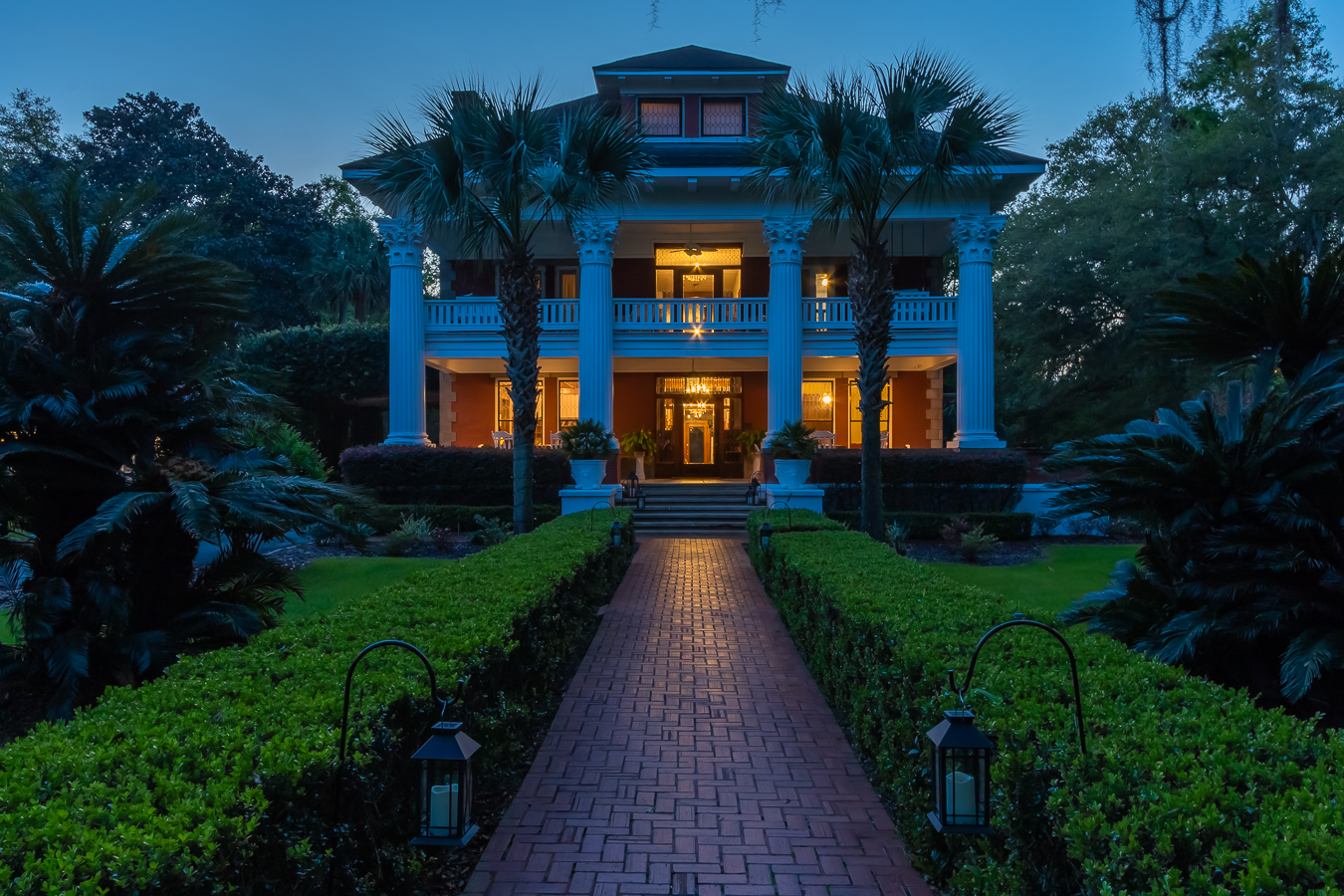
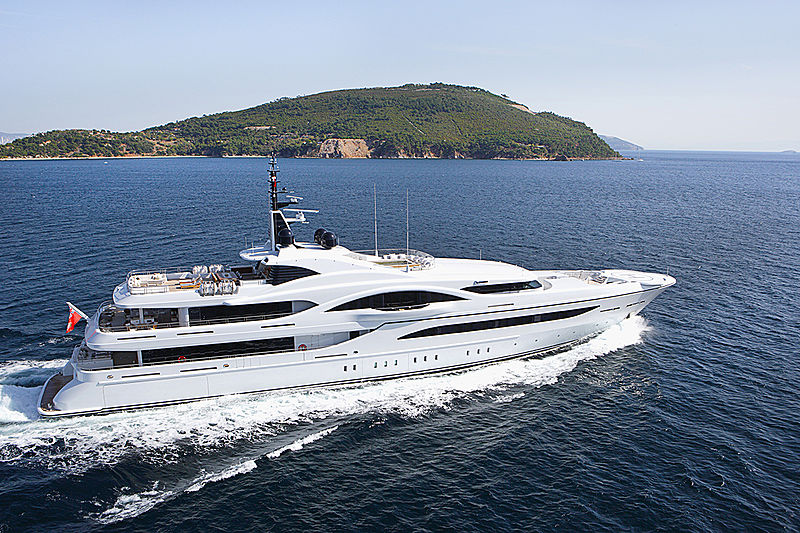
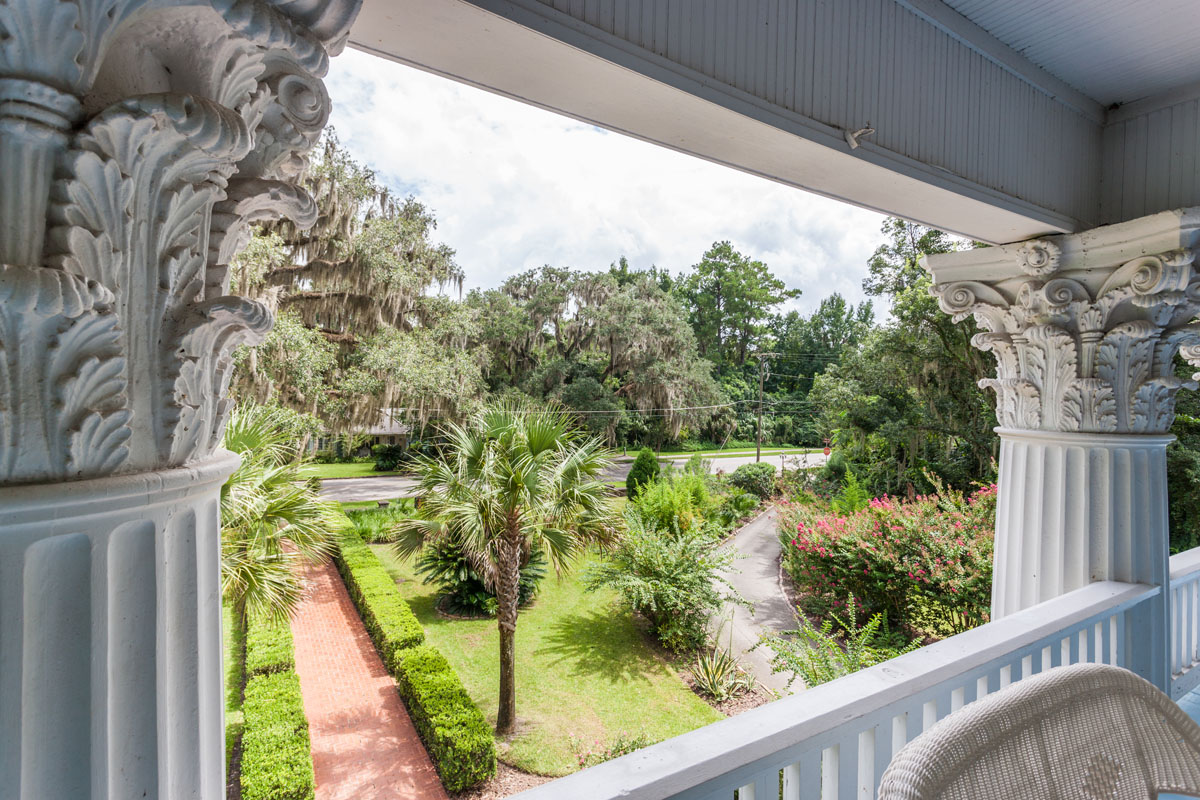
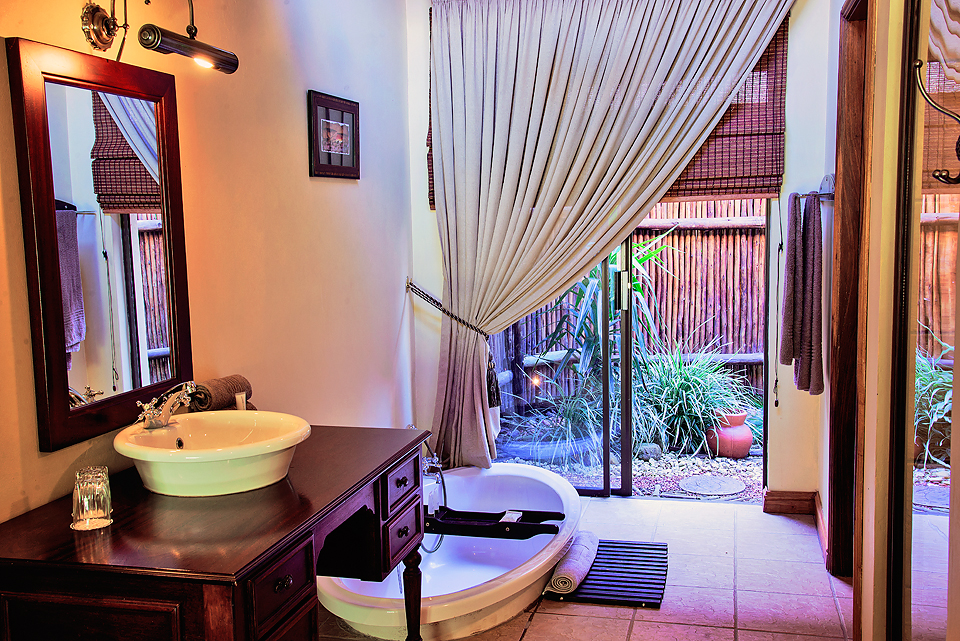
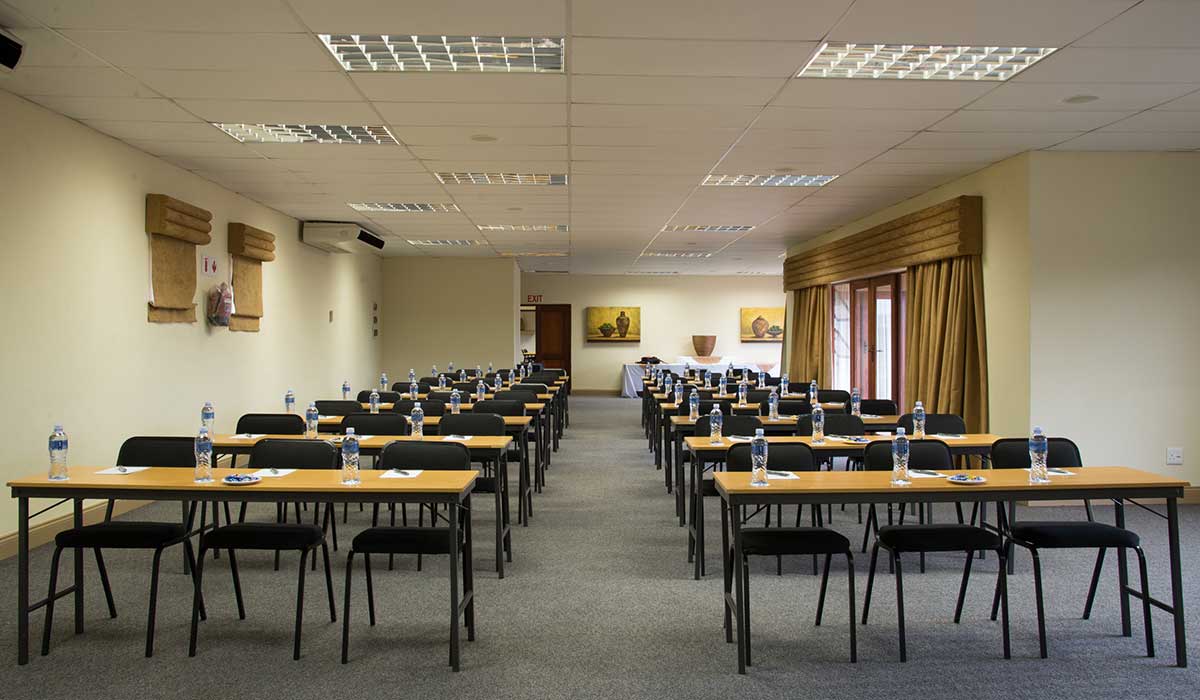
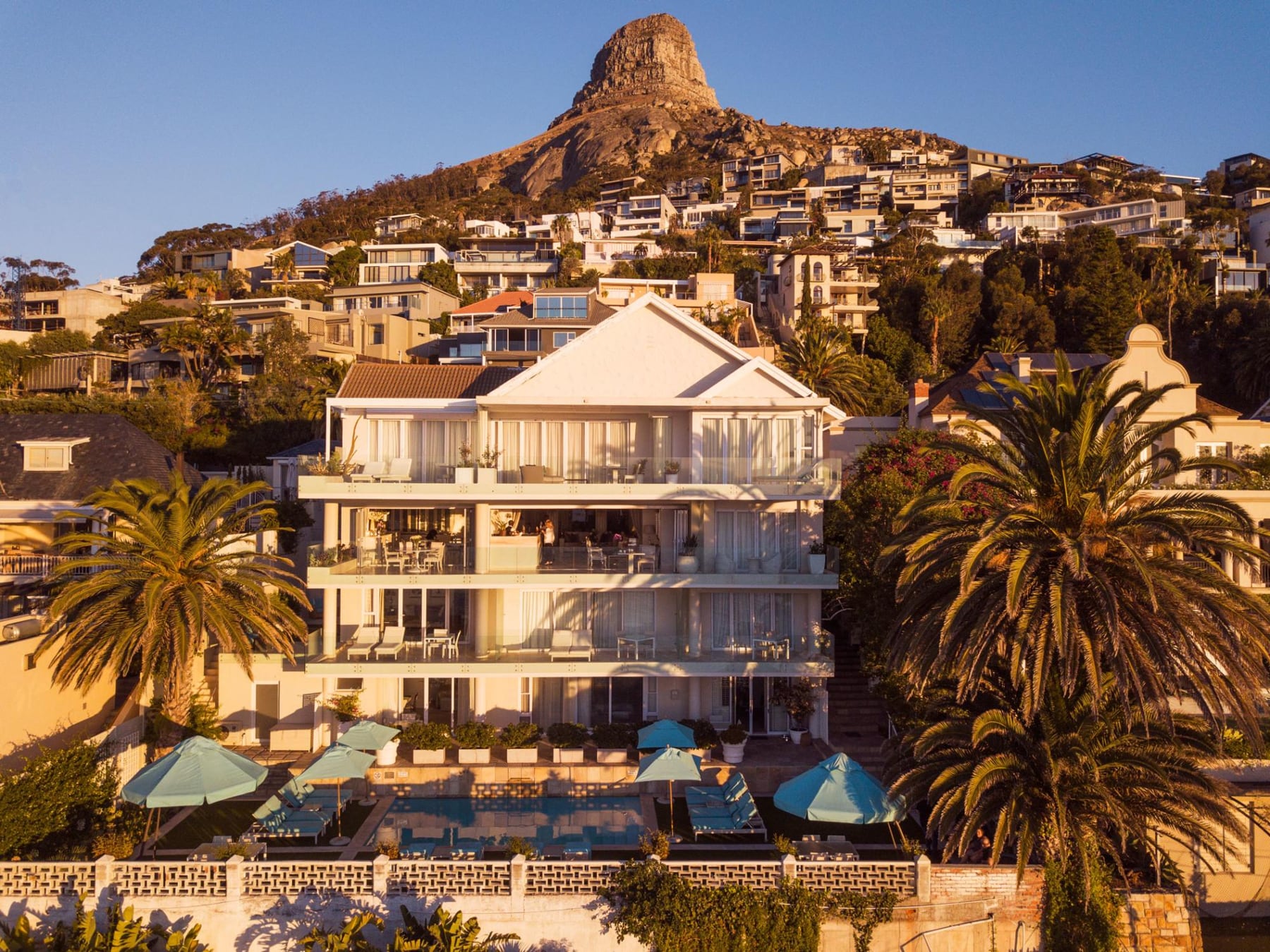
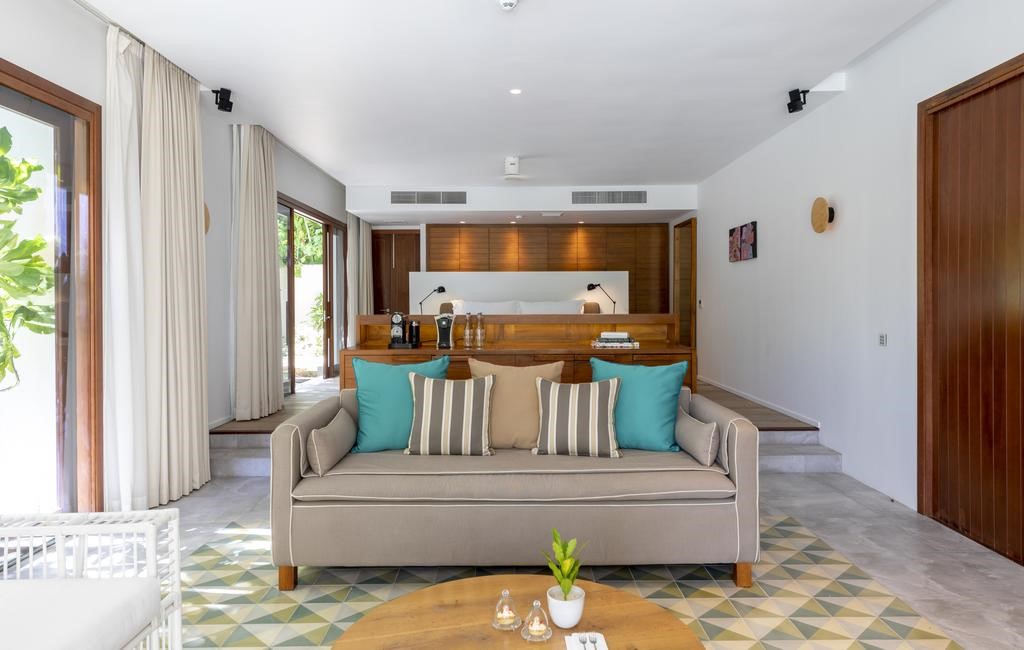
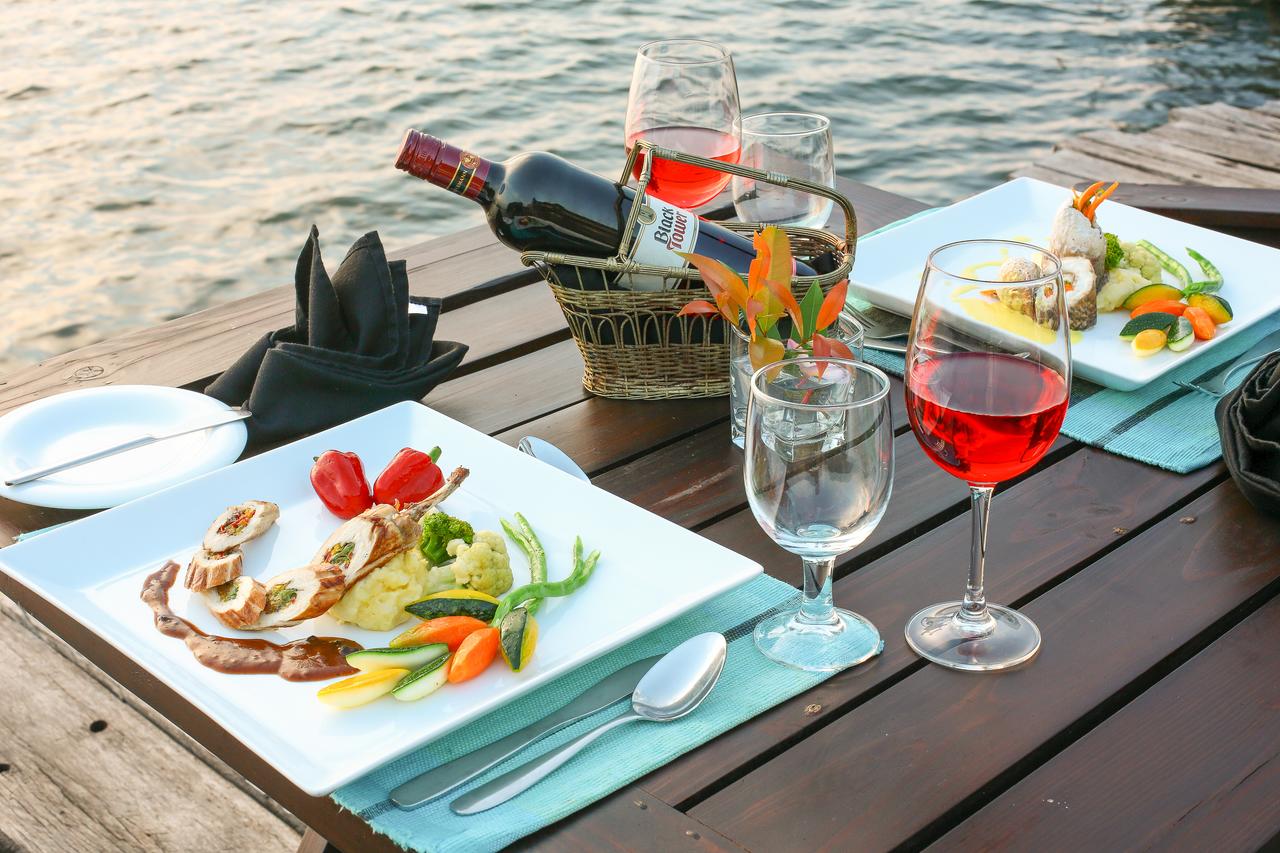
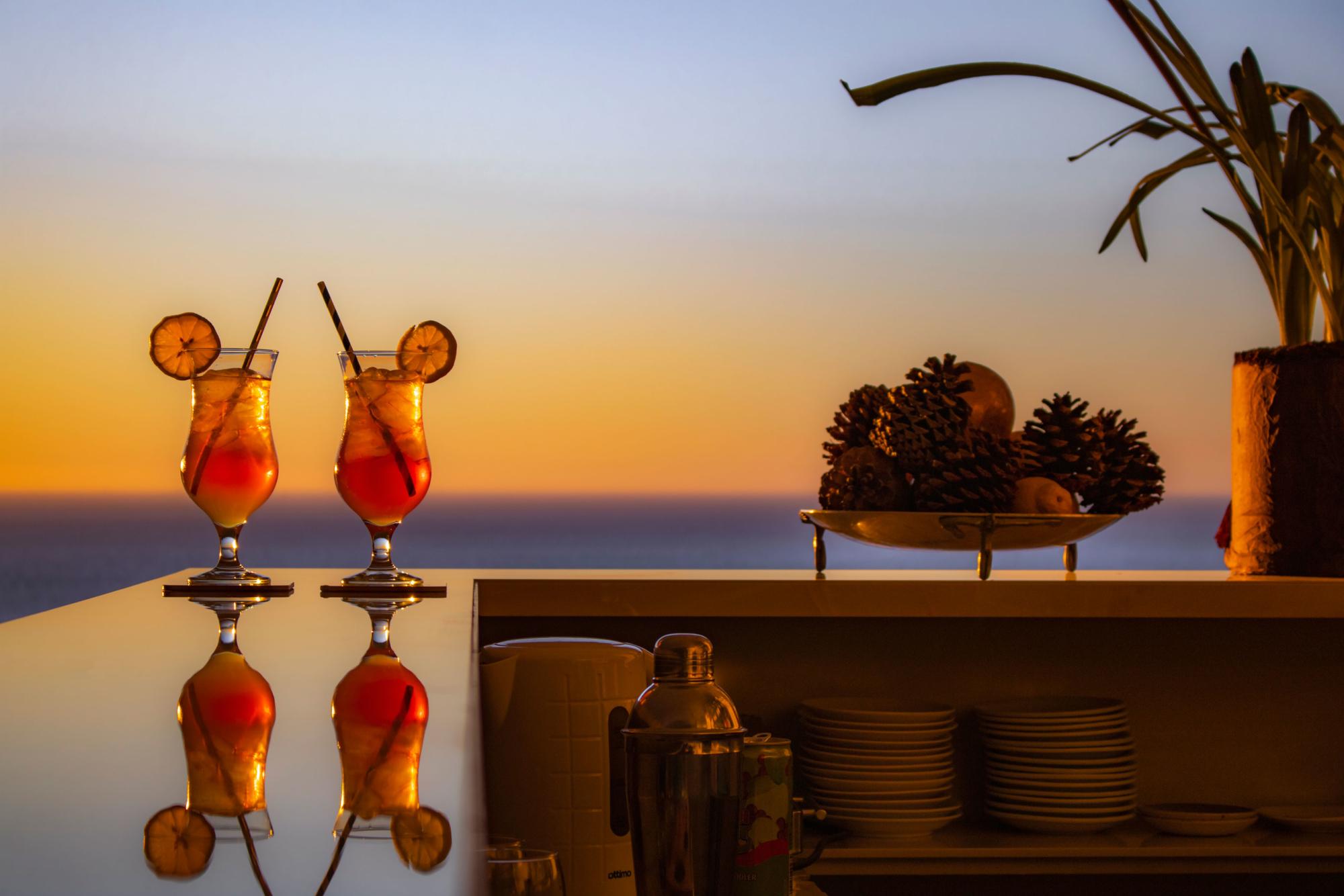


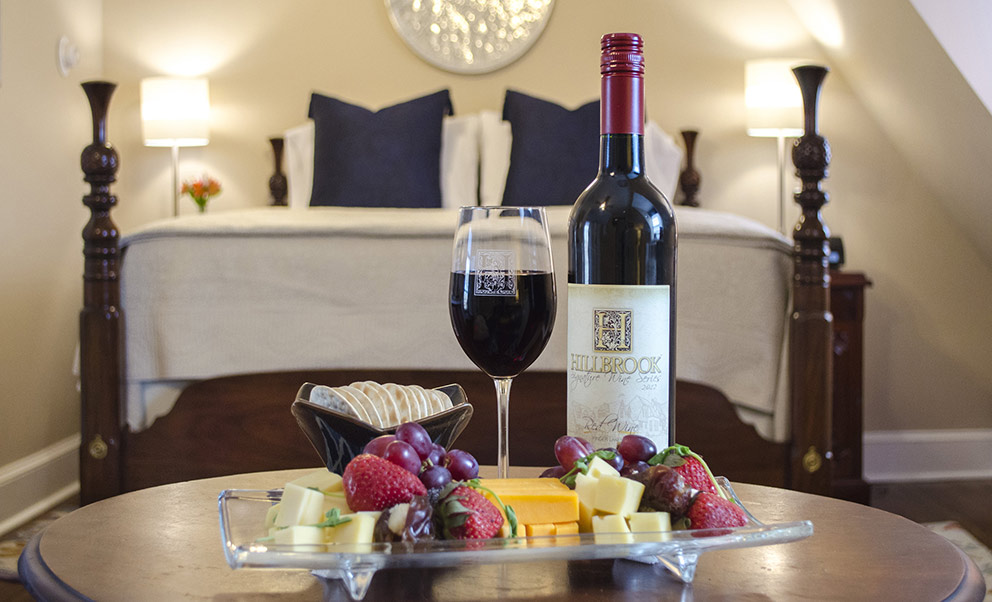

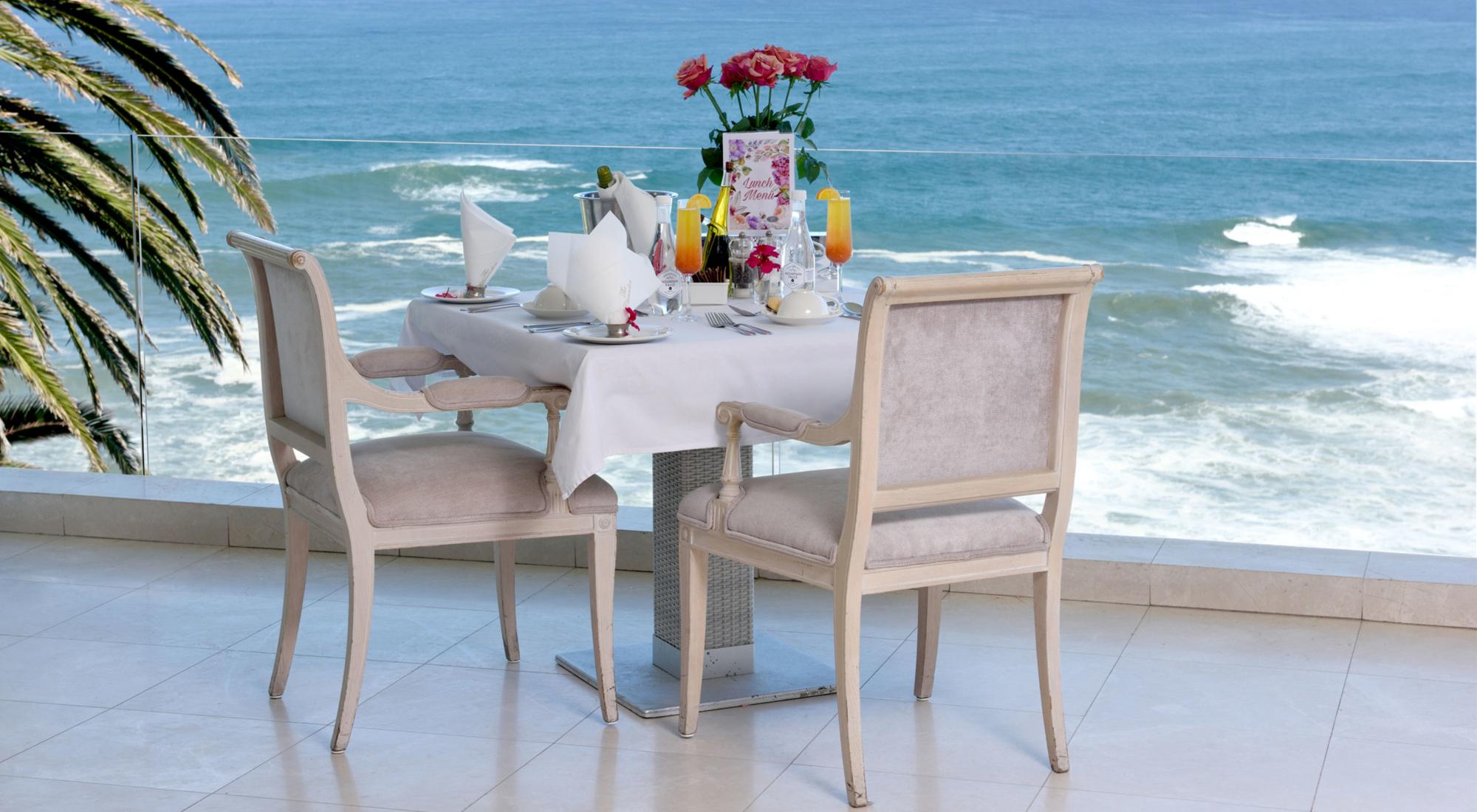


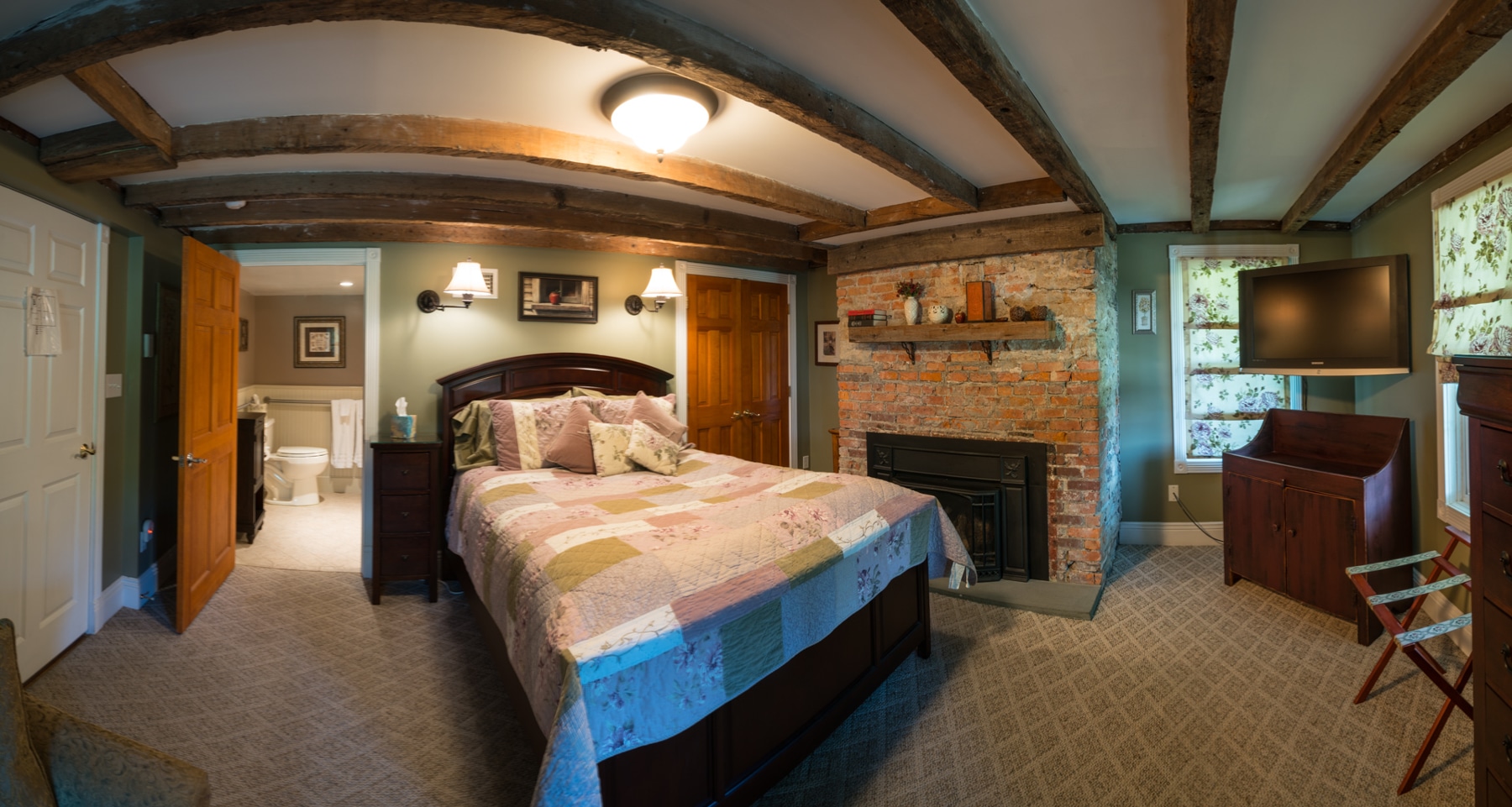
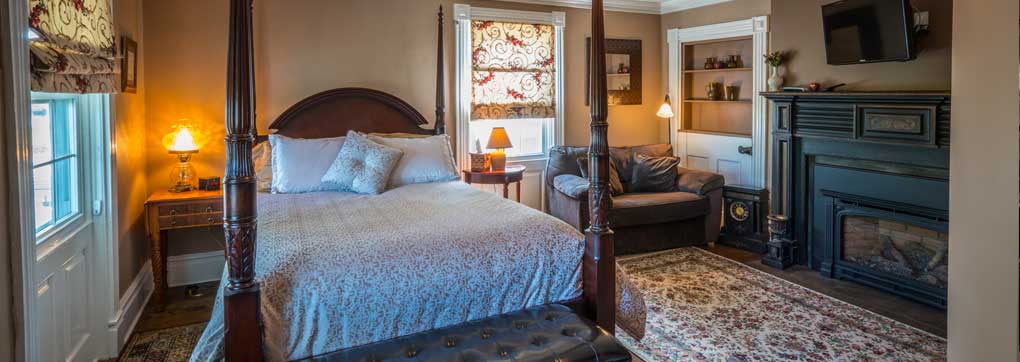
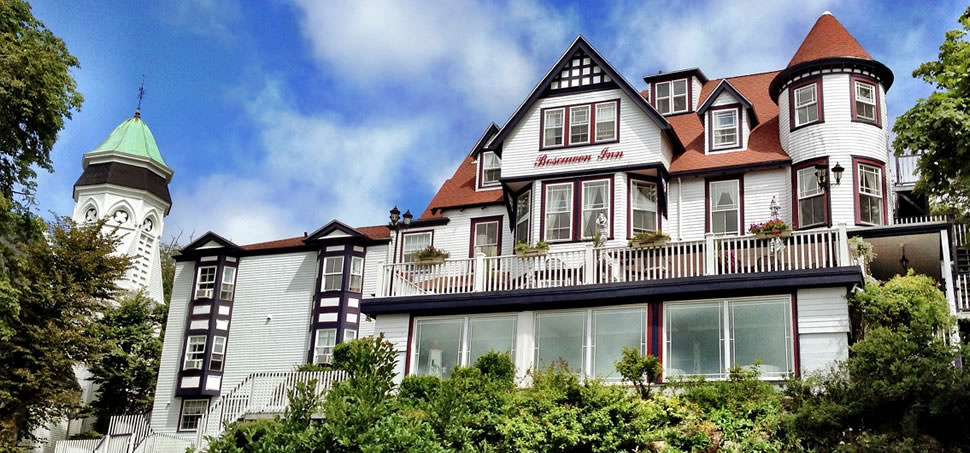
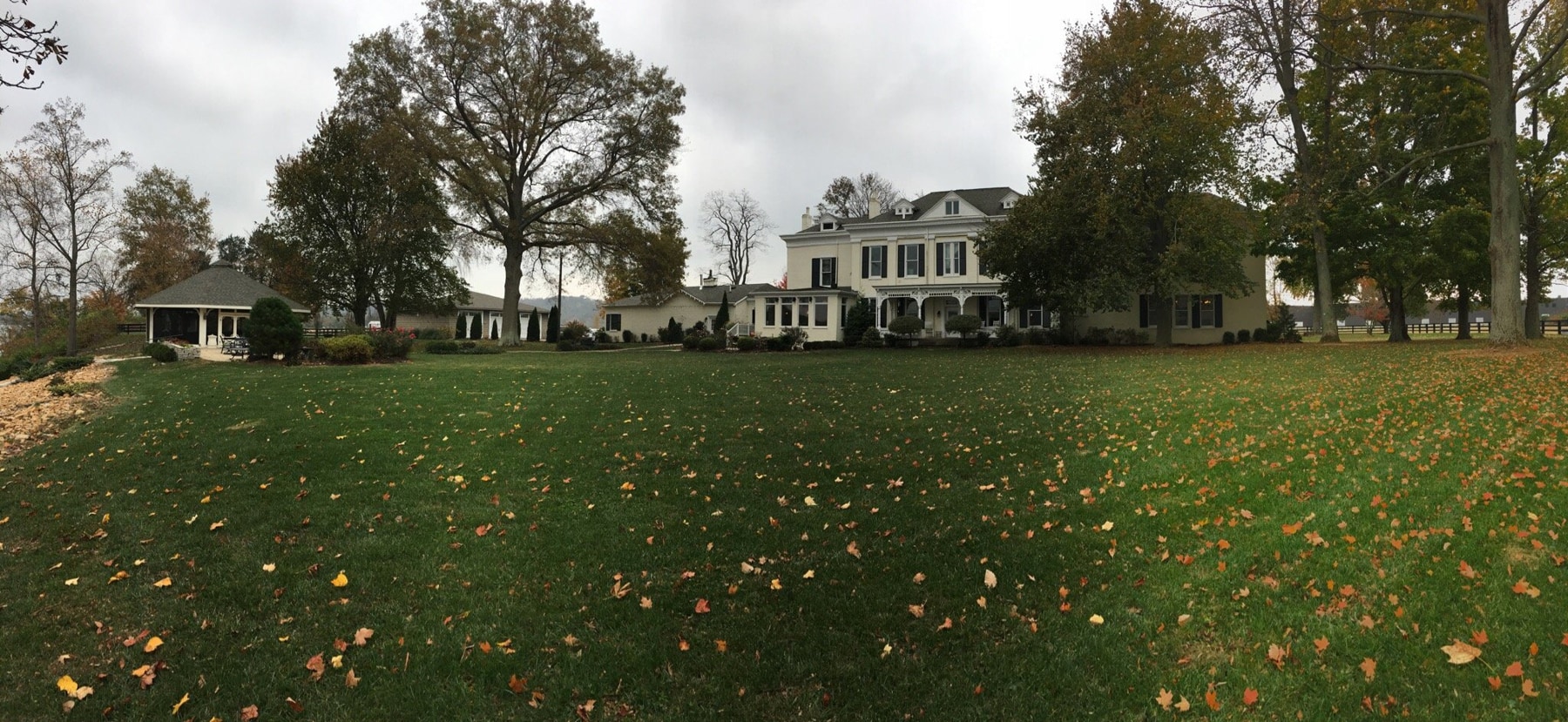


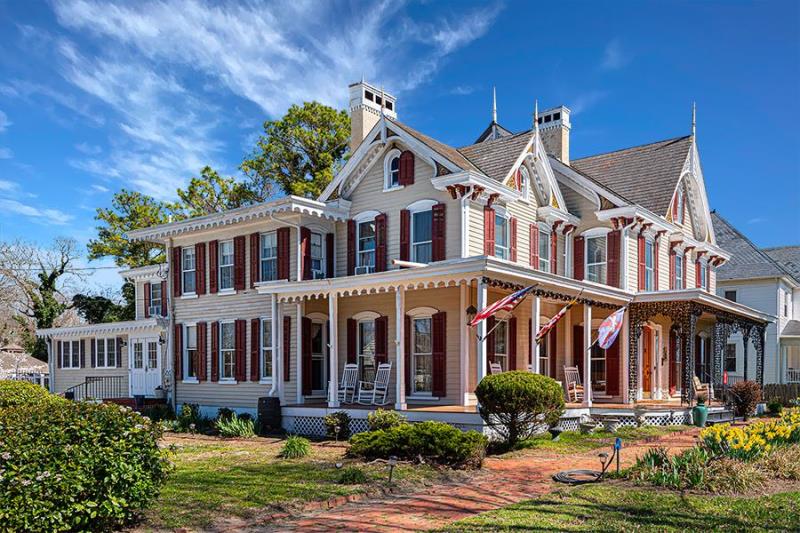
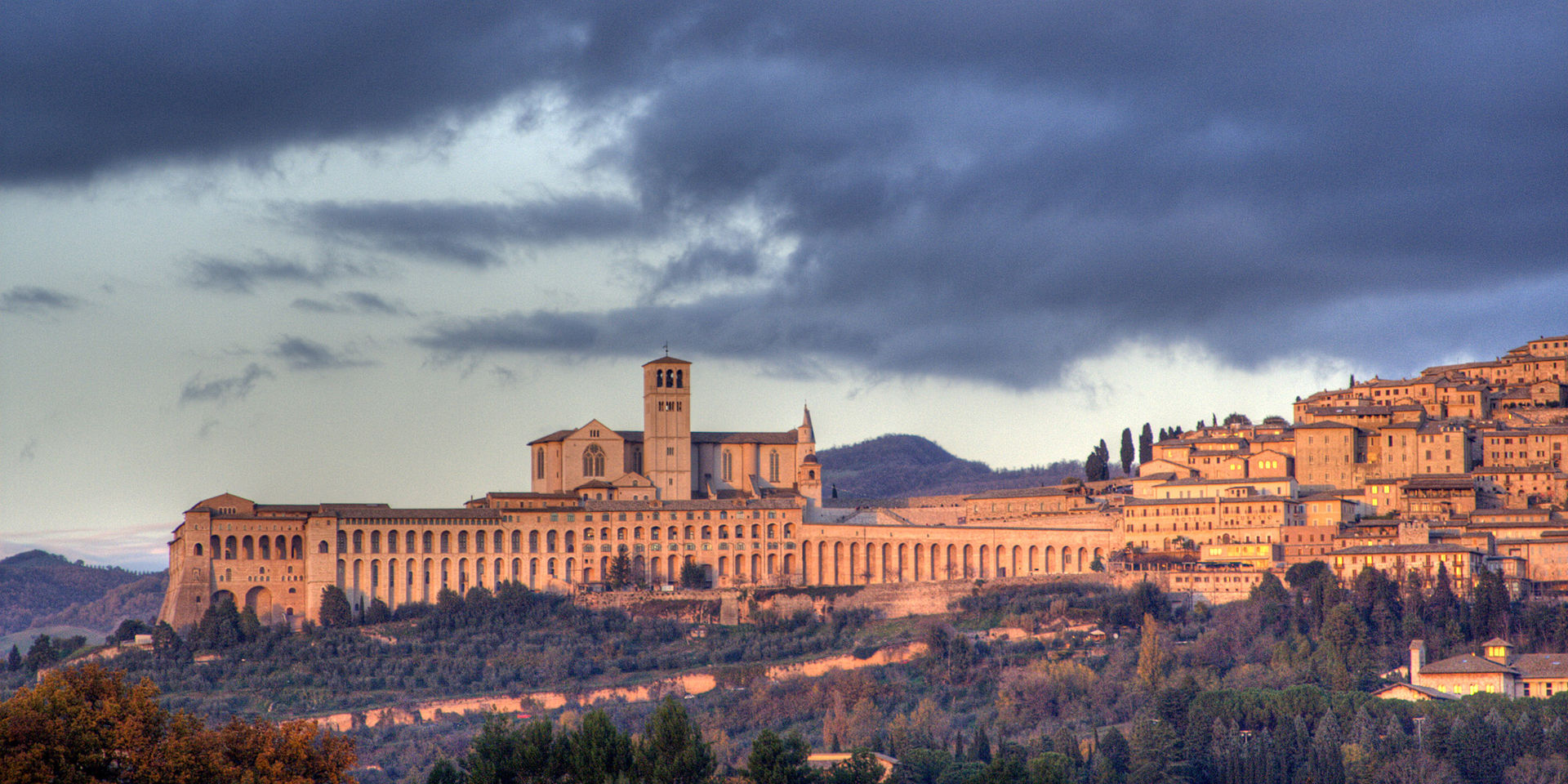
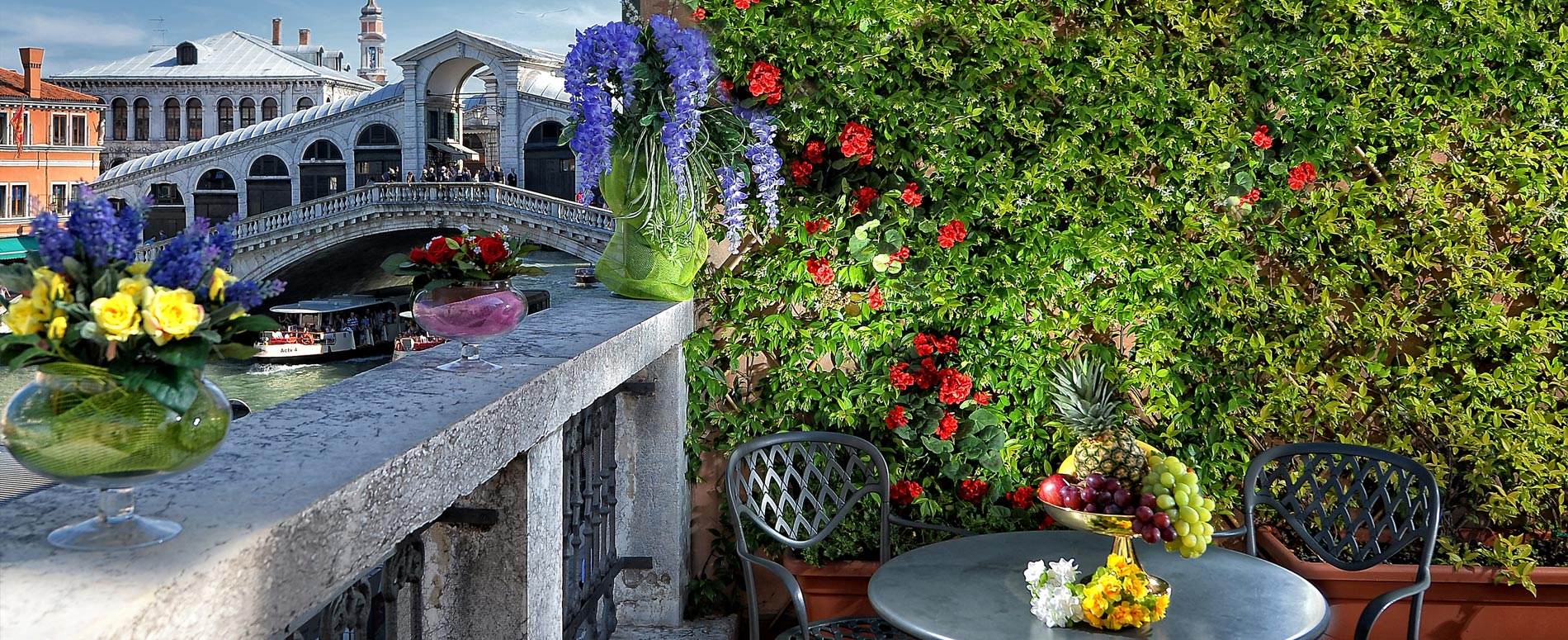
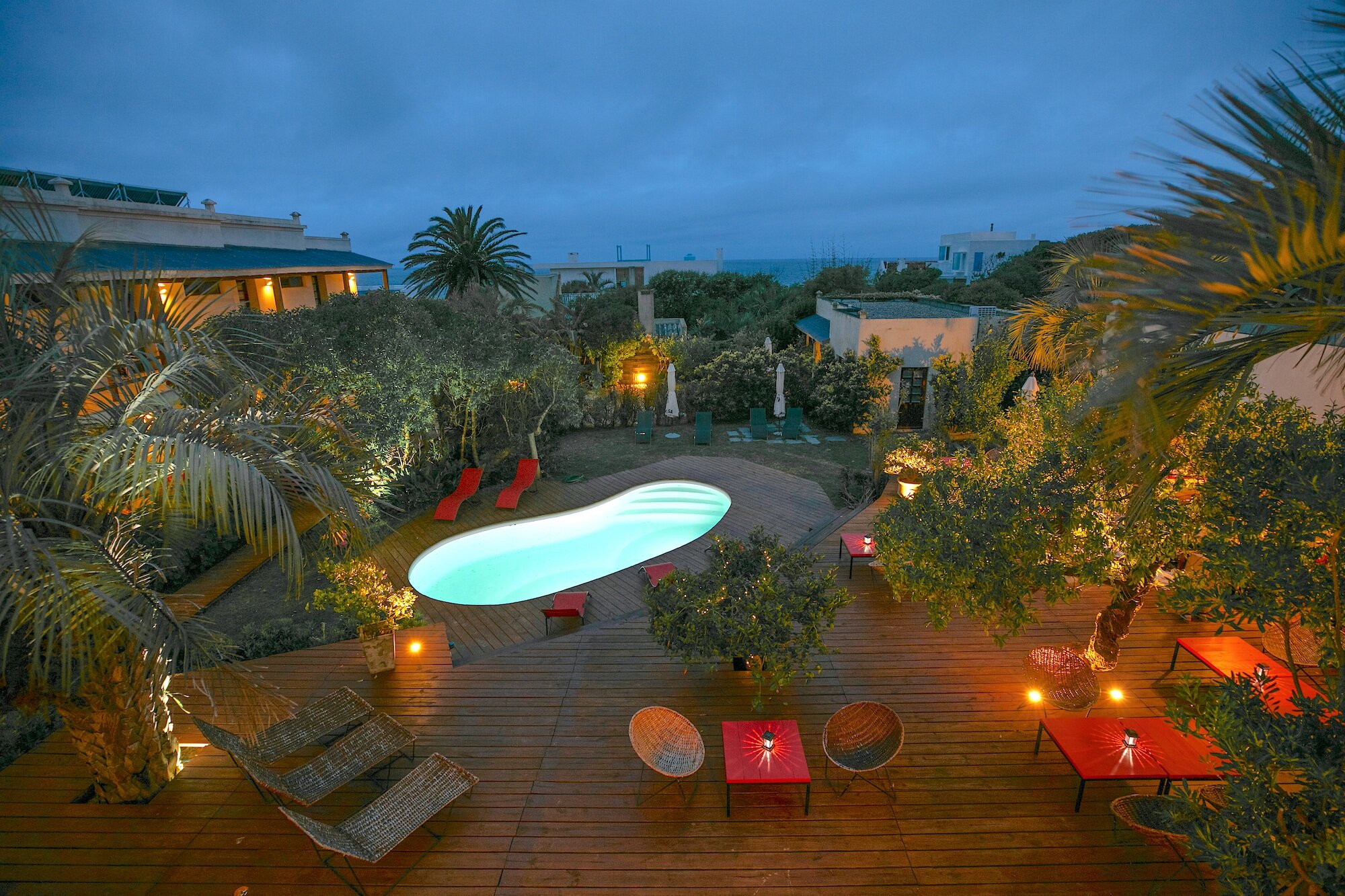
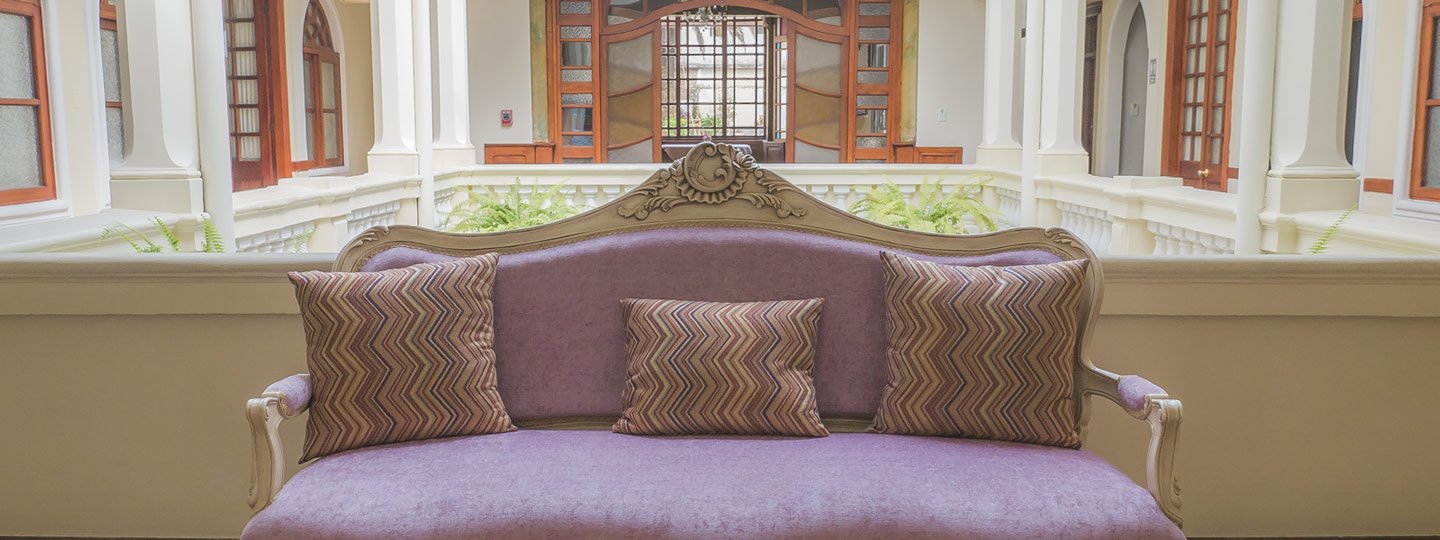
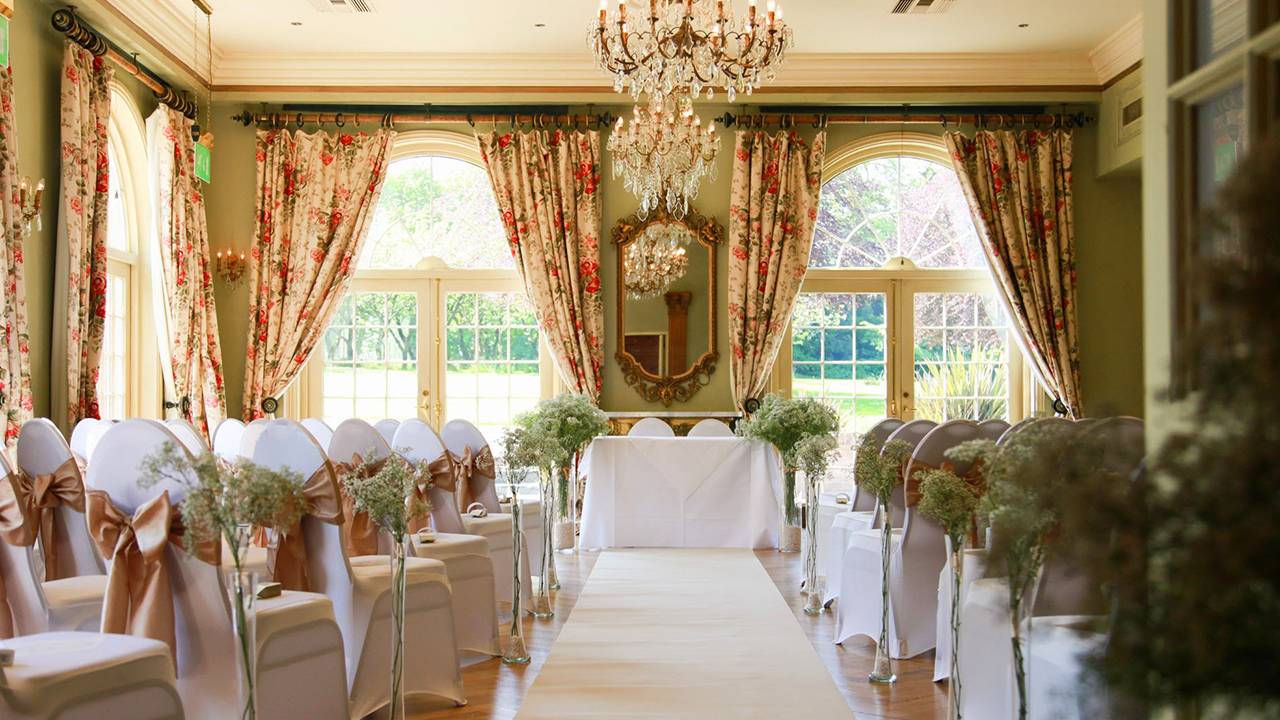
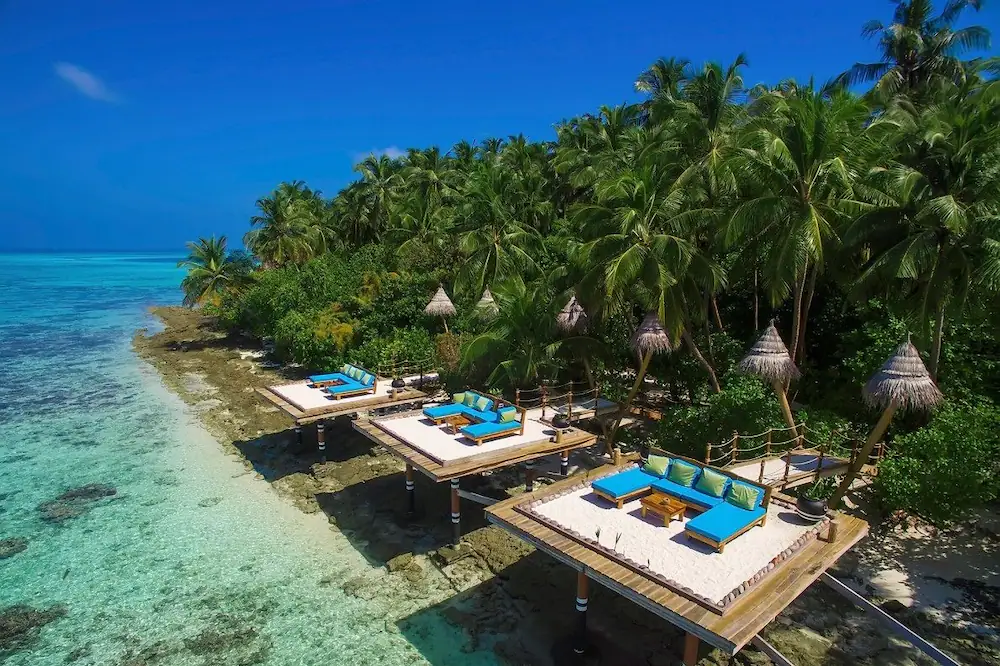
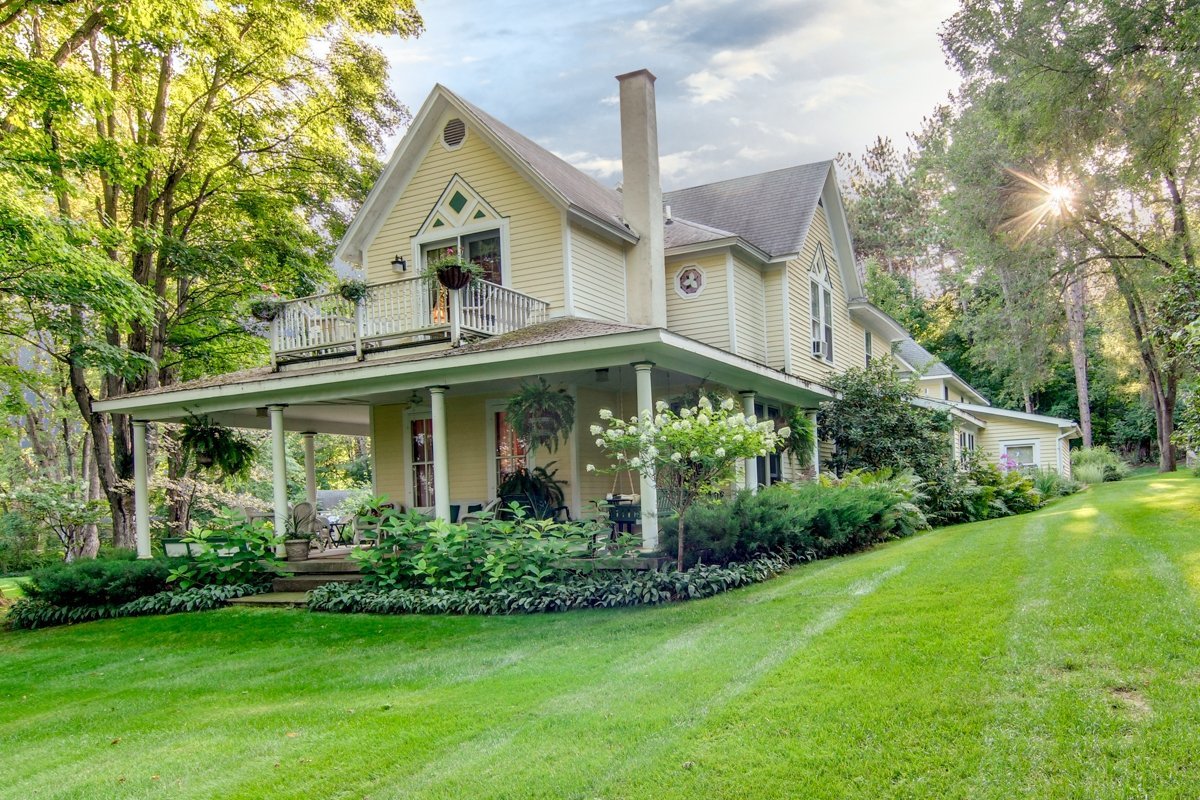
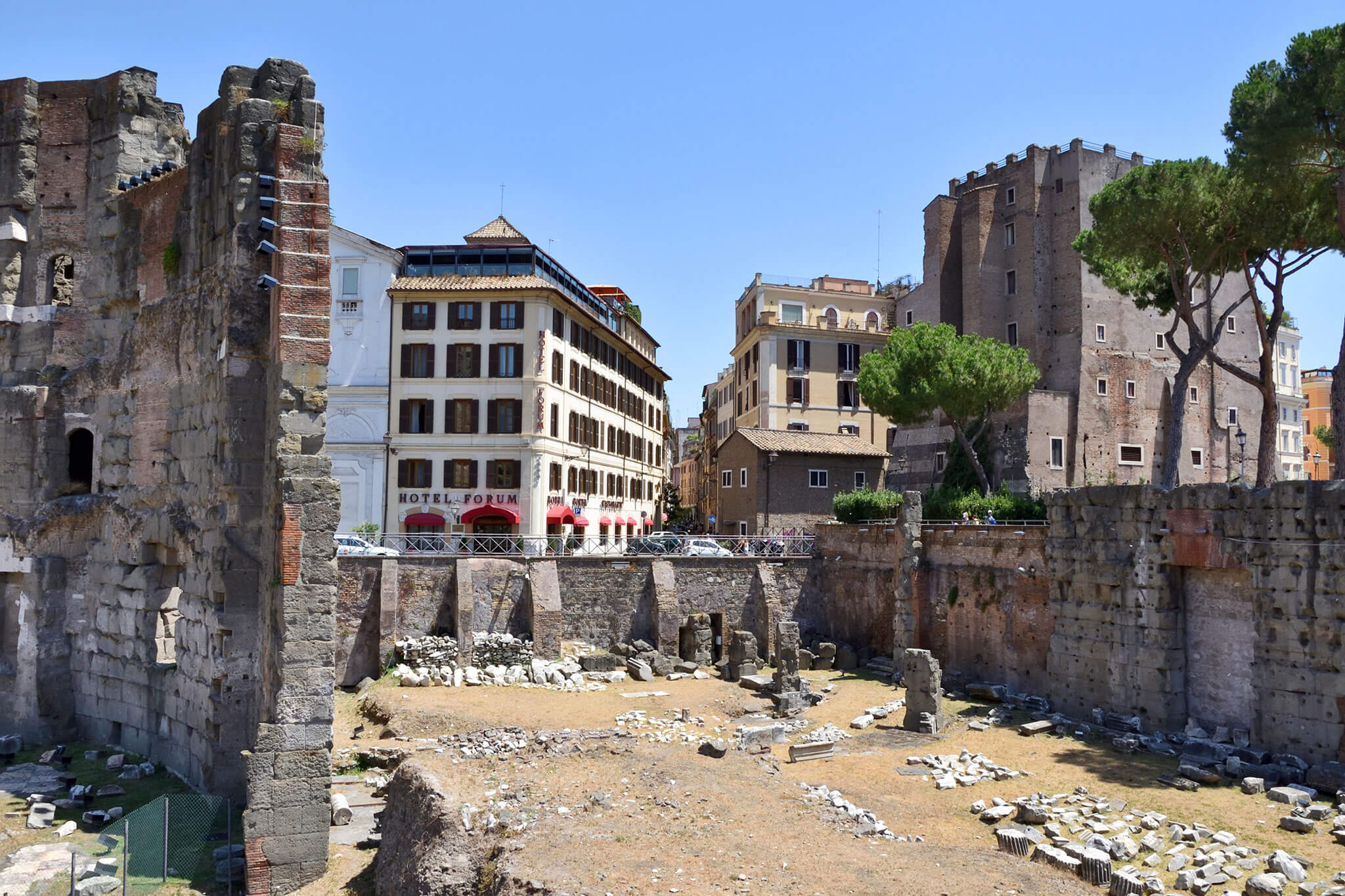
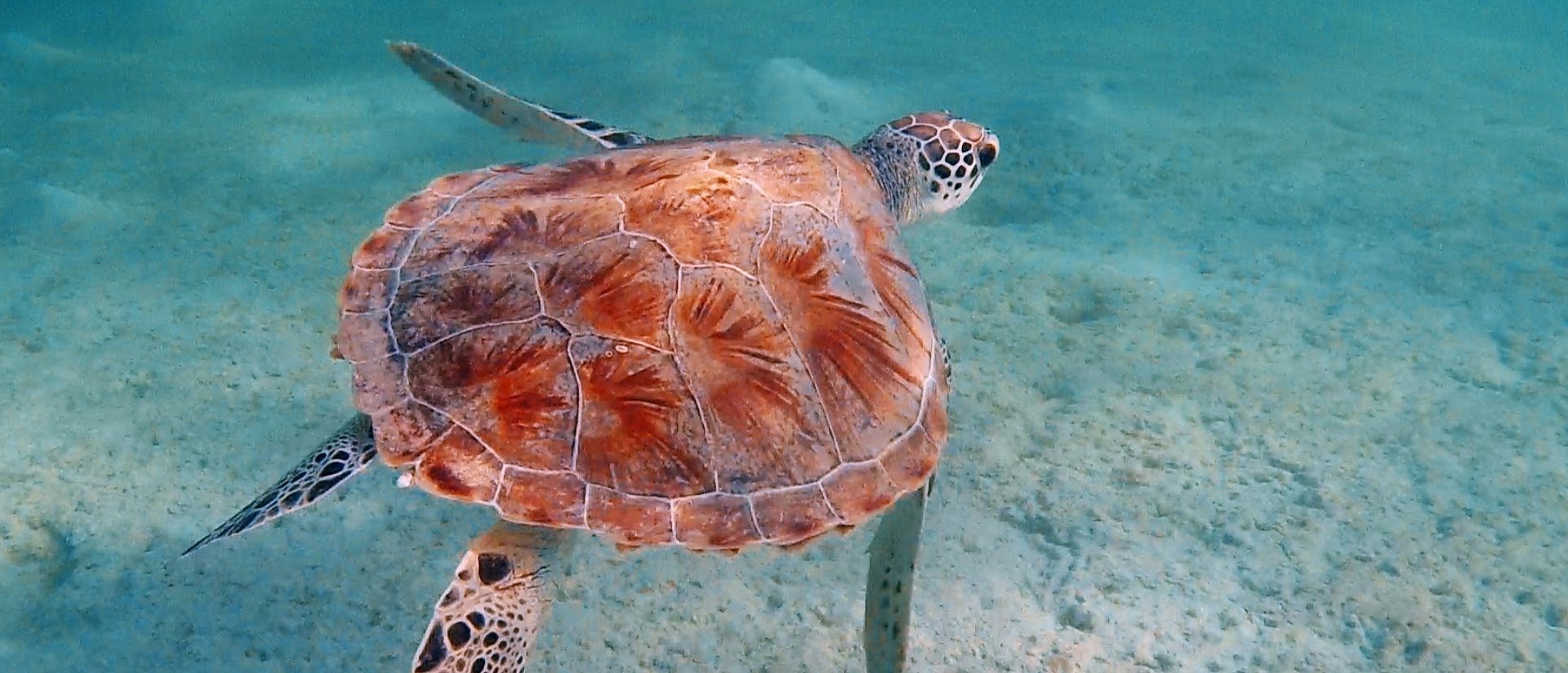
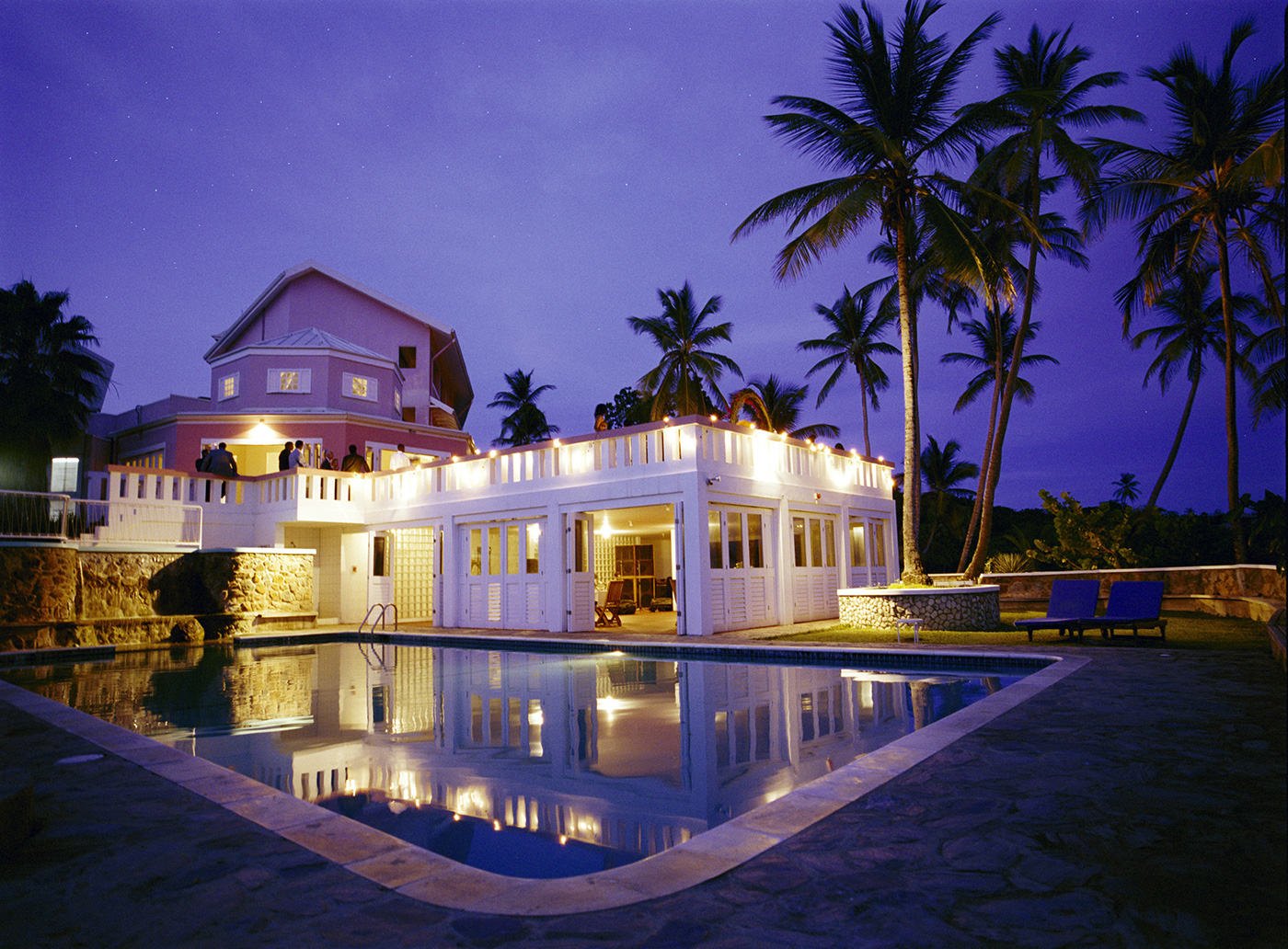
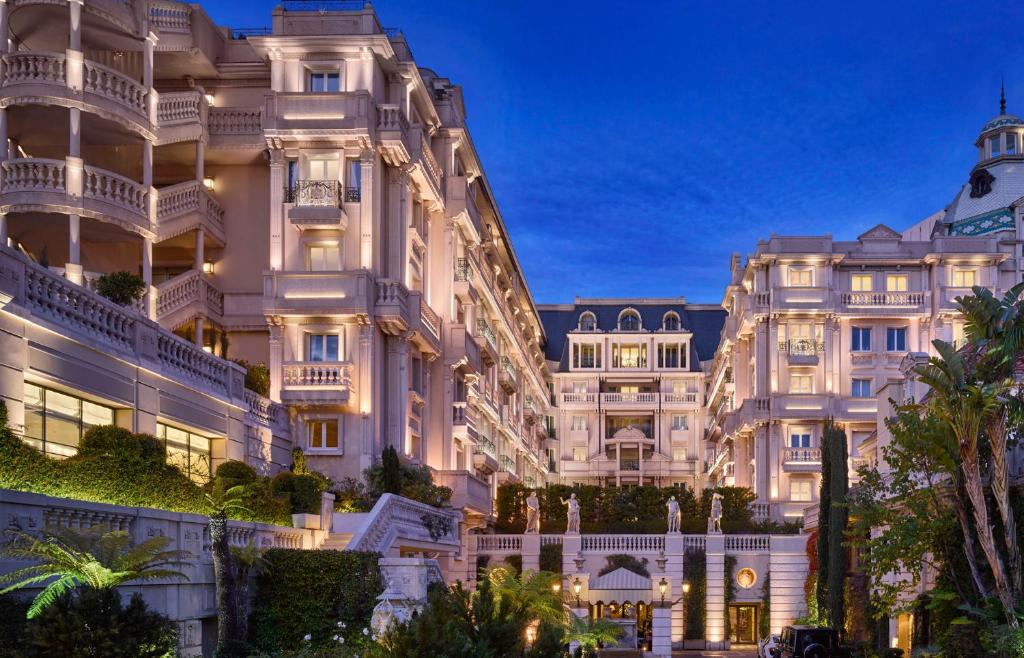
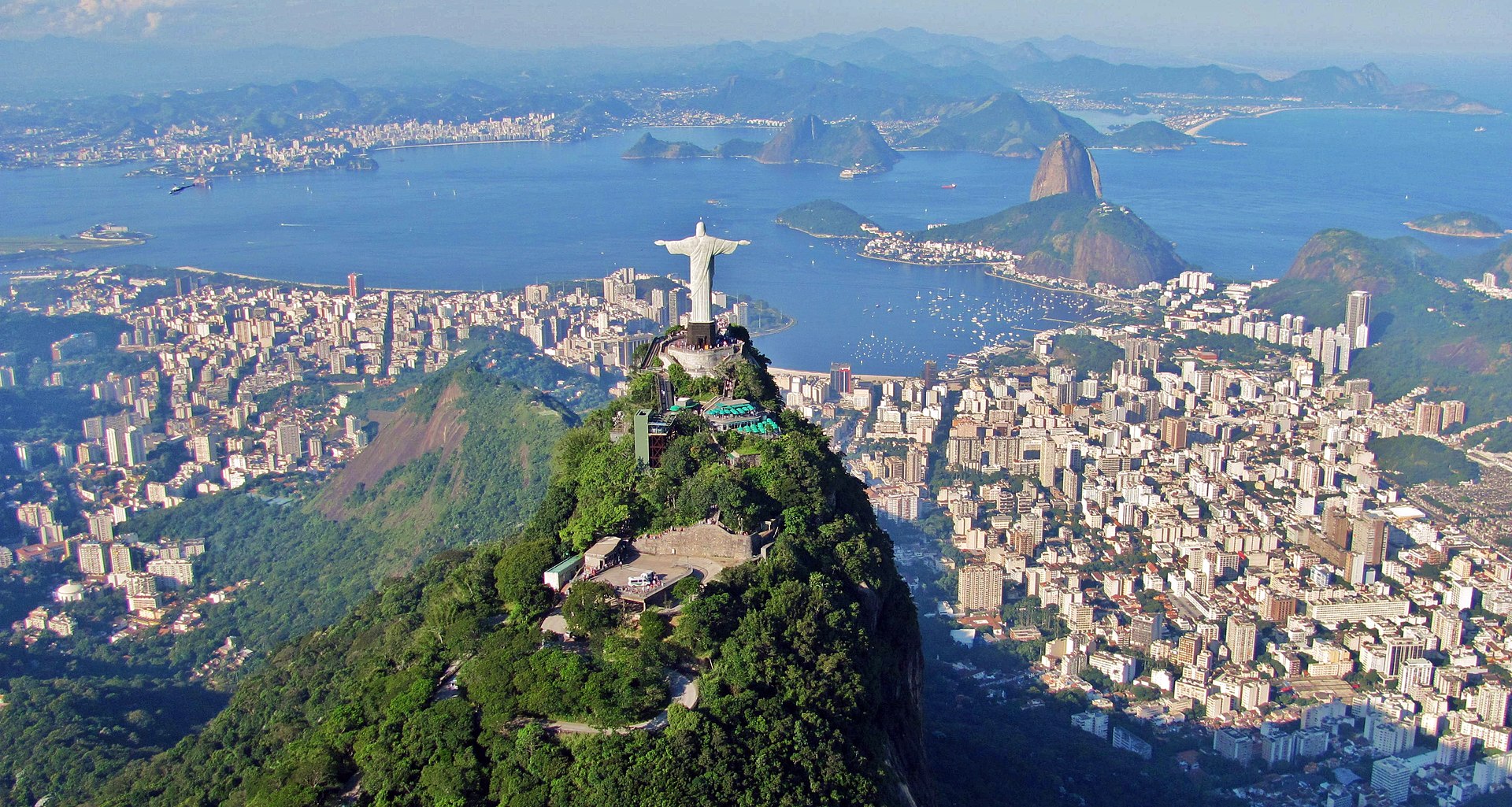
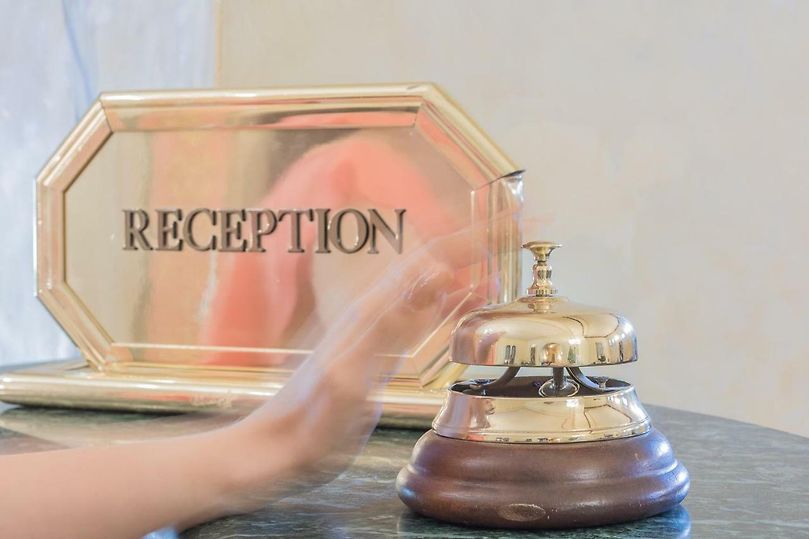
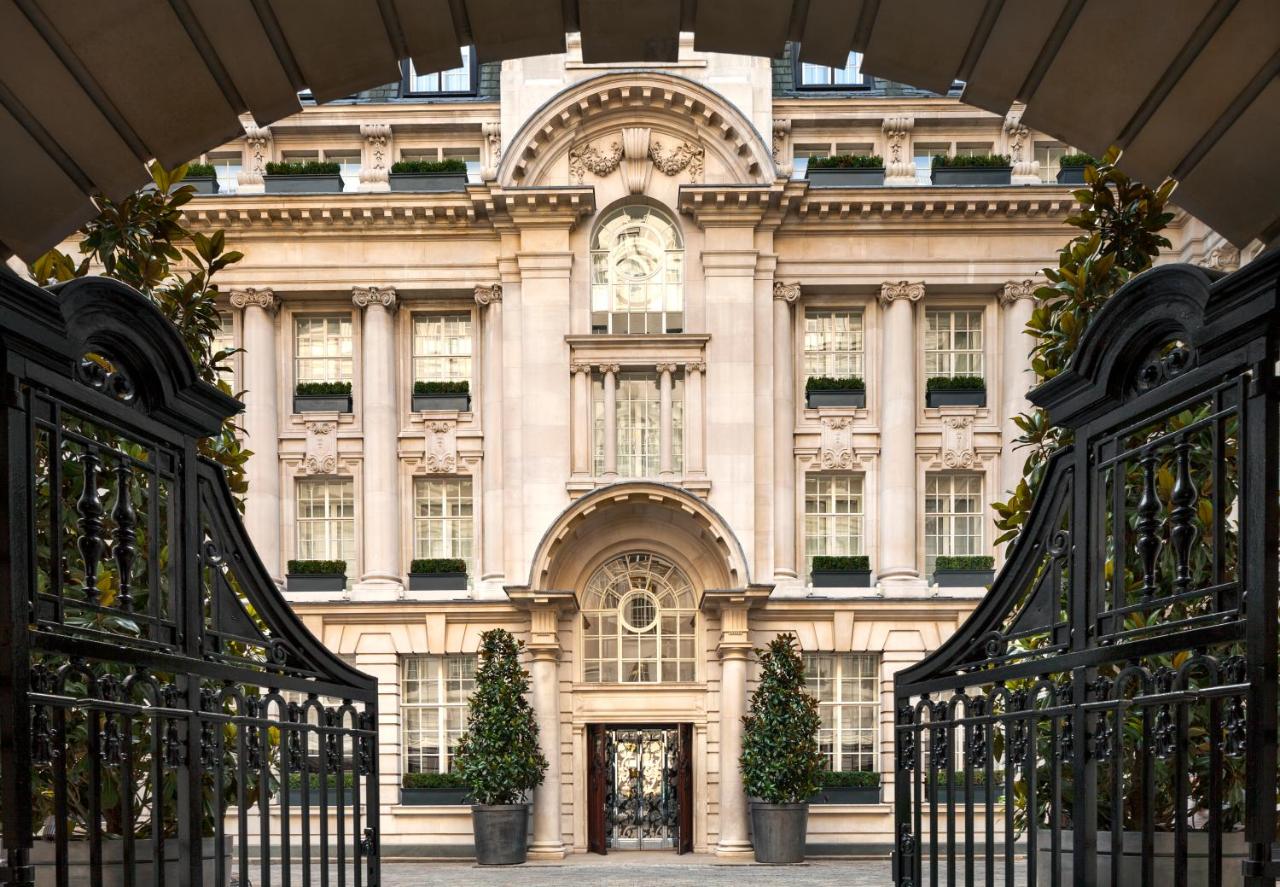
Tripoli, Libya
Agent: Cliff Jacobs - Managing Principal Estate Agent & CEO (Nat.Dpl.Hotel Man (UJ). M.P.R.E.)
Agent Cellphone: +27 (0) 84 413 1071 / +27 (0) 61 716 6951
Agent Office Number: +27 (0) 84 413 1071
Agent Email Address: cliff@exquisitehotelconsultants.com
Type: Hotel
Bedrooms: 28
Bathrooms: 28
Showers: 28
Parking: 30
Yield: Not Disclosed
Tripoli
Tripoli Arabic: طرابلس, Ṭarābulus) is the capital and largest city of Libya, with a population of about 1.1 million people in 2019. It is located in the northwest of Libya on the edge of the desert, on a point of rocky land projecting into the Mediterranean Sea and forming a bay. It includes the port of Tripoli and the country's largest commercial and manufacturing center. It is also the site of the University of Tripoli. The vast Bab al-Azizia barracks, which includes the former family estate of Muammar Gaddafi, is also located in the city. Colonel Gaddafi largely ruled the country from his residence in this barracks.
Tripoli was founded in the 7th century BC by the Phoenicians, who gave it the Libyco-Berber name Oyat before passing into the hands of the Greek rulers of Cyrenaica as Oea (Greek: Ὀία, Oía). Due to the city's long history, there are many sites of archeological significance in Tripoli. Tripoli may also refer to the sha'biyah (top-level administrative division in the Libyan system), the Tripoli District.
the Arab World, Tripoli is also known as Tripoli-of-the-West (Arabic: طرابلس الغرب Ṭarābulus al-Gharb), to distinguish it from its sister city Tripoli, Lebanon, known in Arabic as Ṭarābulus al-Sham (طرابلس الشام), meaning 'Levantine Tripoli'. It is affectionately called "The Mermaid of the Mediterranean" (عروسة البحر ʿArūsat al-Baḥr; lit: 'bride of the sea'), describing its turquoise waters and its whitewashed buildings. Tripoli is a Greek name that means 'Three Cities', introduced in Western European languages through the Italian Tripoli. In Arabic, it is called طرابلس, Ṭarābulus pronunciation (help·info); Libyan Arabic: Ṭrābləs, Berber: Ṭrables, from Ancient Greek: Τρίπολις Trípolis, from Ancient Greek: Τρεις Πόλεις, Treis Póleis, 'three cities').
History
The city was founded in the 7th century BC by the Phoenicians, who gave it the Libyco-Berber name Oyat (Punic: 𐤅𐤉𐤏𐤕, wyʿt), suggesting that the city may have been built upon an existing native Berber city. The Phoenicians were probably attracted to the site by its natural harbor, flanked on the western shore by the small, easily defensible peninsula, on which they established their colony. The city then passed into the hands of the Greek rulers of Cyrenaica as Oea (Greek: Ὀία, Oía). Cyrene was a colony on the North African shore, a bit east of Tambroli and halfway to Egypt. The Carthaginians later wrested it again from the Greeks.
By the later half of the 2nd century BC, it belonged to the Romans, who included it in their province of Africa, and gave it the name of "Regio Syrtica". Around the beginning of the 3rd century AD, it became known as the Regio Tripolitana, meaning "region of the three cities", namely Oea (i.e., modern Tripoli), Sabratha and Leptis Magna. It was probably raised to the rank of a separate province by Septimius Severus, who was a native of Leptis Magna.
In spite of centuries of Roman habitation, the only visible Roman remains, apart from scattered columns and capitals (usually integrated in later buildings), is the Arch of Marcus Aurelius from the 2nd century AD. The fact that Tripoli has been continuously inhabited, unlike e.g., Sabratha and Leptis Magna, has meant that the inhabitants have either quarried material from older buildings (destroying them in the process) or built on top of them, burying them beneath the streets, where they remain largely unexcavated.
There is evidence to suggest that the Tripolitania region was in some economic decline during the 5th and 6th centuries, in part due to the political unrest spreading across the Mediterranean world in the wake of the collapse of the Western Roman empire, as well as pressure from the invading Vandals. It is recorded by Ibn Abd al-Hakam that during the siege of Tripoli by a general of the Rashidun Caliphate named Amr ibn al-As, seven of his soldiers from the clan of Madhlij, sub branch of Kinana, unintentionally found a section on the western side of Tripoli beach that was not walled during their hunting routine. Those seven soldiers then managed to infiltrate through this way without being detected by the city guards, then managed to incite a riot within the city while shouting Takbir, causing the confused Byzantine garrison soldiers to think the Muslim forces were already inside in the city and flee towards their ship leaving Tripoli, thus allowing Amr to subdue the city easily.
According to al-Baladhuri, Tripoli was, unlike Western North Africa, taken by the Muslims very early after Alexandria, in the 22nd year of the Hijra, that is between 30 November 642 and 18 November 643 AD. Following the conquest, Tripoli was ruled by dynasties based in Cairo, Egypt (first the Fatimids, and later the Mamluks), and Kairouan in Ifriqiya (the Arab Fihrids, Muhallabids and Aghlabid dynasties). For some time it was a part of the Berber Almohad empire and of the Hafsids kingdom.
6th to 19th centuries
In 1510, it was taken by Pedro Navarro, Count of Oliveto for Spain, and, in 1530, it was assigned, together with Malta, to the Knights of St. John, who had lately been expelled by the Ottoman Turks from their stronghold on the island of Rhodes. Finding themselves in very hostile territory, the Knights enhanced the city's walls and other defenses. Though built on top of a number of older buildings (possibly including a Roman public bath), much of the earliest defensive structures of the Tripoli castle (or "Assaraya al-Hamra", i.e., the "Red Castle") are attributed to the Knights of St John.
Having previously combated piracy from their base on Rhodes, the reason that the Knights were given charge of the city was to prevent it from relapsing into the nest of Barbary pirates it had been prior to the Spanish occupation. The disruption the pirates caused to the Christian shipping lanes in the Mediterranean had been one of the main incentives for the Spanish conquest of the city.
After the capture by the Ottoman Turks, Tripoli once again became a base of operation for Barbary pirates. One of several Western attempts to dislodge them again was a Royal Navy attack under John Narborough in 1675, of which a vivid eye-witness account has survived.
Effective Ottoman rule during this period (1551–1711) was often hampered by the local Janissary corps. Intended to function as enforcers of local administration, the captain of the Janissaries and his cronies were often the de facto rulers.
In 1711, Ahmed Karamanli, a Janissary officer of Turkish origin, killed the Ottoman governor, the "Pasha", and established himself as ruler of the Tripolitania region. By 1714, he had asserted a sort of semi-independence from the Ottoman Sultan, heralding in the Karamanli dynasty. The Pashas of Tripoli were expected to pay a regular tributary tax to the Sultan but were in all other aspects rulers of an independent kingdom. This order of things continued under the rule of his descendants, accompanied by the brazen piracy and blackmailing until 1835 when the Ottoman Empire took advantage of an internal struggle and re-established its authority.
The Ottoman province (vilayet) of Tripoli (including the dependent sanjak of Cyrenaica) lay along the southern shore of the Mediterranean between Tunisia in the west and Egypt in the east. Besides the city itself, the area included Cyrenaica (the Barca plateau), the chain of oases in the Aujila depression, Fezzan and the oases of Ghadames and Ghat, separated by sandy and stony wastelands. A 16th century Chinese source mentioned Tripoli and described its agricultural and textile products.
Barbary Wars
In the early part of the 19th century, the regency at Tripoli, owing to its piratical practices, was twice involved in war with the United States. In May 1801, the pasha demanded an increase in the tribute ($83,000) which the U.S. government had been paying since 1796 for the protection of their commerce from piracy under the 1796 Treaty with Tripoli. The demand was refused by third President Thomas Jefferson, and a naval force was sent from the United States to blockade Tripoli.
The First Barbary War (1801-1805) dragged on for four years. In 1803, Tripolitan fighters captured the U.S. Navy heavy frigate Philadelphia and took its commander, Captain William Bainbridge, and the entire crew as prisoners. This was after the Philadelphia was run aground when the captain tried to navigate too close to the port of Tripoli. After several hours aground and Tripolitan gun boats firing upon the Philadelphia, though none ever struck the Philadelphia, Captain Bainbridge made the decision to surrender. The Philadelphia was later turned against the Americans and anchored in Tripoli Harbor as a gun battery while her officers and crew were held prisoners in Tripoli. The following year, U.S. Navy Lieutenant Stephen Decatur led a successful daring nighttime raid to retake and burn the warship rather than see it remain in enemy hands. Decatur's men set fire to the Philadelphia and escaped.
A notable incident in the war was the expedition undertaken by diplomatic Consul William Eaton with the objective of replacing the pasha with an elder brother living in exile, who had promised to accede to all the wishes of the United States. Eaton, at the head of a mixed force of US Soldiers, Sailors, and Marines, along with Greek, Arab and Turkish mercenaries numbering approximately 500, marched across the Egyptian / Libyan desert from Alexandria, Egypt and with the aid of three American warships, succeeded in capturing Derna. Soon afterward, on 3 June 1805, peace was concluded. The pasha ended his demands and received $60,000 as ransom for the Philadelphia prisoners under the 1805 Treaty with Tripoli.
In 1815, in consequence of further outrages and due to the humiliation of the earlier defeat, Captains Bainbridge and Stephen Decatur, at the head of an American squadron, again visited Tripoli and forced the pasha to comply with the demands of the United States.
Late Ottoman era
In 1835, the Ottomans took advantage of a local civil war to reassert their direct authority. After that date, Tripoli was under the direct control of the Sublime Porte. Rebellions in 1842 and 1844 were unsuccessful. After the French occupation of Tunisia (1881), the Ottomans increased their garrison in Tripoli considerably.
Italian era
Italy had long claimed that Tripoli fell within its zone of influence and that Italy had the right to preserve order within the state. Under the pretext of protecting its own citizens living in Tripoli from the Ottoman government, it declared war against the Ottomans on 29 September 1911, and announced its intention of annexing Tripoli. On 1 October 1911, a naval battle was fought at Prevesa, Greece, and three Ottoman vessels were destroyed.
By the Treaty of Lausanne, Italian sovereignty over Tripolitania and Cyrenaica was acknowledged by the Ottomans, although the caliph was permitted to exercise religious authority. Italy officially granted autonomy after the war, but gradually occupied the region. Originally administered as part of a single colony, Tripoli and its surrounding province were a separate colony from 26 June 1927 to 3 December 1934, when all Italian possessions in North Africa were merged into one colony.By 1938, Tripoli had 108,240 inhabitants, including 39,096 Italians.
Tripoli underwent a huge architectural and urbanistic improvement under Italian rule: the first thing the Italians did was to create in the early 1920s a sewage system (that until then lacked) and a modern hospital.
In the coast of the province was built in 1937–1938 a section of the Litoranea Balbia, a road that went from Tripoli and Tunisia's frontier to the border of Egypt. The car tag for the Italian province of Tripoli was "TL".
Furthermore, in 1927, the Italians founded the Tripoli International Fair,with the goal of promoting Tripoli's economy. This is the oldest trade fair in Africa. The so-called Fiera internazionale di Tripoli was one of the main international "Fairs" in the colonial world in the 1930s, and was internationally promoted together with the Tripoli Grand Prix as a showcase of Italian Libya.
The Italians created the Tripoli Grand Prix, an international motor racing event first held in 1925 on a racing circuit outside Tripoli. The Tripoli Grand Prix took place until 1940. The first airport in Libya, the Mellaha Air Base was built by the Italian Air Force in 1923 near the Tripoli racing circuit. The airport is currently called Mitiga International Airport.
Tripoli even had a railway station with some small railway connections to nearby cities, when in August 1941 the Italians started to build a new 1,040-kilometer (646-mile) railway (with a 1,435 mm (56.5 in) gauge, like the one used in Egypt and Tunisia) between Tripoli and Benghazi. But the war (with the defeat of the Italian Army) stopped the construction the next year.
Tripoli was controlled by Italy until 1943 when the provinces of Tripolitania and Cyrenaica were captured by Allied forces. The city fell to troops of the British Eighth Army on 23 January 1943. Tripoli was then governed by the British until independence in 1951. Under the terms of the 1947 peace treaty with the Allies, Italy relinquished all claims to Libya.
Gaddafi era
Colonel Muammar Gaddafi became leader of Libya on 1 September 1969.
On 15 April 1986, U.S. President Ronald Reagan ordered major bombing raids, dubbed Operation El Dorado Canyon, against Tripoli and Benghazi, killing 45 Libyan military and government personnel as well as 15 civilians. This strike followed US interception of telex messages from Libya's East Berlin embassy suggesting the involvement of Libyan leader Muammar Gaddafi in a bomb explosion on 5 April in West Berlin's La Belle discothèque, a nightclub frequented by US servicemen. Among the alleged fatalities of the 15 April retaliatory attack by the United States was Gaddafi's adopted daughter, Hannah.
The United Nations sanctions against Libya imposed in April 1992 under Security Council Resolution 748 were lifted in September 2003, which increased traffic through the Port of Tripoli and had a positive impact on the city's economy.
Libyan civil war
In February and March 2011, Tripoli witnessed intense anti-government protests and violent government responses resulting in hundreds killed and wounded. The city's Green Square was the scene of some of the protests. The anti-Gaddafi protests were eventually crushed, and Tripoli was the site of pro-Gaddafi rallies.
The city defenses loyal to Gaddafi included the military headquarters at Bab al-Aziziyah (where Gaddafi's main residence was located) and the Mitiga International Airport. At the latter, on 13 March, Ali Atiyya, a colonel of the Libyan Air Force, defected and joined the revolution.
In late February, rebel forces took control of Zawiya, a city approximately 50 km (31 mi) to the west of Tripoli, thus increasing the threat to pro-Gaddafi forces in the capital. During the subsequent battle of Zawiya, loyalist forces besieged the city and eventually recaptured it by 10 March.
As the 2011 military intervention in Libya commenced on 19 March to enforce a U.N. no-fly zone over the country, the city once again came under air attack. It was the second time that Tripoli was bombed since the 1986 U.S. airstrikes, and the second time since the 1986 airstrike that bombed Bab al-Azizia, Gaddafi's heavily fortified compound.
In July and August, Libyan online revolutionary communities posted tweets and updates on attacks by rebel fighters on pro-government vehicles and checkpoints. In one such attack, Saif al-Islam Gaddafi and Abdullah Senussi were targets. The government, however, denied revolutionary activity inside the capital.
Several months after the initial uprising, rebel forces in the Nafusa Mountains advanced towards the coast, retaking Zawiya and reaching Tripoli on 21 August. On 21 August, the symbolic Green Square, immediately renamed Martyrs' Square by the rebels, was taken under rebel control and pro-Gaddafi posters were torn down and burned.
During a radio address on 1 September, Gaddafi declared that the capital of the Great Socialist People's Libyan Arab Jamahiriya had been moved from Tripoli to Sirte, after rebels had taken control of Tripoli.
In August and September 2014, Islamist armed groups extended their control of central Tripoli. The House of Representatives parliament set up operations on a Greek car ferry in Tobruk. A rival New General National Congress parliament continued to operate in Tripoli.
Law and government
Tripoli and its surrounding suburbs all lie within the Tripoli sha'biyah (district). In accordance with Libya's former Jamahiriya political system, Tripoli comprises Local People's Congresses where, in theory, the city's population discuss different matters and elect their own people's committee; at present there are 29 Local People's Congresses. In reality, the former revolutionary committees severely limited the democratic process by closely supervising committee and congress elections at the branch and district levels of governments, Tripoli being no exception.
Tripoli is sometimes referred to as "the de jure capital of Libya" because none of the country's ministries are actually located in the capital. Even the former National General People's Congress was held annually in the city of Sirte rather than in Tripoli. As part of a radical decentralization program undertaken by Gaddafi in September 1988, all General People's Committee secretariats (ministries), except those responsible for foreign liaison (foreign policy and international relations) and information, were moved outside Tripoli. According to diplomatic sources, the former Secretariat for Economy and Trade was moved to Benghazi; the Secretariat for Health to Kufra; and the remainder, excepting one, to Sirte, Muammar Gaddafi's birthplace. In early 1993 it was announced that the Secretariat for Foreign Liaison and International Co-operation was to be moved to Ra's Lanuf. In October 2011, Libya fell to The National Transitional Council (N.T.C.), which took full control, abolishing the Gaddafi-era system of national and local government.
Geography
Tripoli lies at the western extremity of Libya close to the Tunisian border, on the continent of Africa. Over a thousand kilometers (621 miles) separates Tripoli from Libya's second largest city, Benghazi. Coastal oases alternate with sandy areas and lagoons along the shores of Tripolitania for more than 300 km (190 mi).
Administrative division
Until 2007, the "Sha'biyah" included the city, its suburbs and their immediate surroundings. In older administrative systems and throughout history, there existed a province ("muhafazah"), state ("wilayah") or city-state with a much larger area (though not constant boundaries), which is sometimes mistakenly referred to as Tripoli but more appropriately should be called Tripolitania.
As a District, Tripoli borders the following districts:
Climate
Tripoli has a hot semi-arid climate (Köppen: BSh) with hot and dry, prolonged summers and relatively wet mild winters. Although virtually rainless, summers are hot and muggy with temperatures that often exceed 38 °C (100 °F); average July temperatures are between 22 and 33 °C (72 and 91 °F). In December, temperatures have reached as low as 0 °C (32 °F), but the average remains at between 9 and 18 °C (48 and 64 °F). The average annual rainfall is less than 400 millimeters (16 inches). Snowfall has occurred in past years.
The rainfall can be very erratic. Epic floods in 1945 left Tripoli underwater for several days, but two years later an unprecedented drought caused the loss of thousands of head of cattle. Deficiency in rainfall is no doubt reflected in an absence of permanent rivers or streams in the city as is indeed true throughout the entire country. The allocation of limited water is considered of sufficient importance to warrant the existence of the Secretariat of Dams and Water Resources, and damaging a source of water can be penalized by a heavy fine or imprisonment.
The Great Manmade River, a network of pipelines that transport water from the desert to the coastal cities, supplies Tripoli with its water. The grand scheme was initiated by Gaddafi in 1982.
Martyrs' Square, located near the waterfront is scattered with palm trees, the most abundant plant used for landscaping in the city. The Tripoli Zoo, located south of the city center, is a large reserve of plants, trees and open green spaces and was the country's biggest zoo. The zoo was forced to shut for safety reasons due to the Libyan Civil War, with many animals becoming more and more traumatised and distressed. After the overthrow of Muammar Gaddafi, the BBC published a short news film detailing the problems the zoo now faced, from a lack of money to feed the animals, to a fragile security system. The animals, the BBC said, were recovering slowly and returning to normal.
Tripoli - The Libyan Capital
A Southern Mediterranean city, Tripoli is the capital city and the largest city in Libya. Located in the north-western part of Libya on the edge of the desert, Tripoli possesses the remains of the ancient world. However, Tripoli’s business areas have thrust the city into the future with impressive buildings and a cosmopolitan atmosphere.
Whether you are in Tripoli for business or pleasure, Tripoli holds a variety of sites that will keep you busy throughout the day. A city of 2 million people, the Tripoli metropolitan area offers an assortment of business services and shopping, as well as unique historic and cultural gems.
Founded in 7th century BCE by the Phoenicians, Tripoli is home to a number of archaeological sites, some of which date back to the Roman Empire. These historical sites include the Assaraya al-Hamra Museum (Red Castle), the Marcus Aurelius Arch, and the Al Nagha and Ahmed Pasha Karamanli mosques. The Old City, also known as Medina, is a celebration of ancient Tripoli, and holds within it a number of historical sites and customs, such as open-air markets. The Roman city of Leptis Magna is located 130 km east of Tripoli whilst the UNESCO world heritage site of Sabratha is just 66 km west of Tripoli.
Tripoli is an ideal business destination where travellers will find a diverse and busy business district. Awal Hotel is conveniently situated in Errebiya Elarbi Street, formerly known as El Meseera El Kubra Street, just off Omar El Mokhtar Street, where it is within walking distance of the Tripoli International Fairgrounds, and Tripoli's foremost business towers.
Visas
A visa is required for entry to Libya. Visas may be secured via embassies or consulates. Please contact our Hotel for more information and assistance with getting visa for entry to Libya.
Weather
Tripoli's climate is typically Mediterranean, with hot dry summers and cool winters with some modest rainfall. Summer highs usually exceed 38 degrees Celsius (100° Fahrenheit), while winter lows are around 9 degrees Celsius (48° Fahrenheit) in Libya.
Currency













































Cliff Jacobs (Nat Dpl Hotel Man (UJ). MPRE. GA Level 5 TEFL) Managing Principal / CEO Exquisite Hotel Consultants (Pty) Ltd Mobile: +27 (0) 84 413 1071 / +27 (0) 61 716 6951 Email: cliff@exquisitehotelconsultants.com Web: https://www.exquisitehotelconsultants.com © All rights reserved Terms and Conditions apply Scroll down to view our Hospitality Properties and Businesses for sale or lease or lease-to-buy or partnership arrangement or management agreement arrangement.